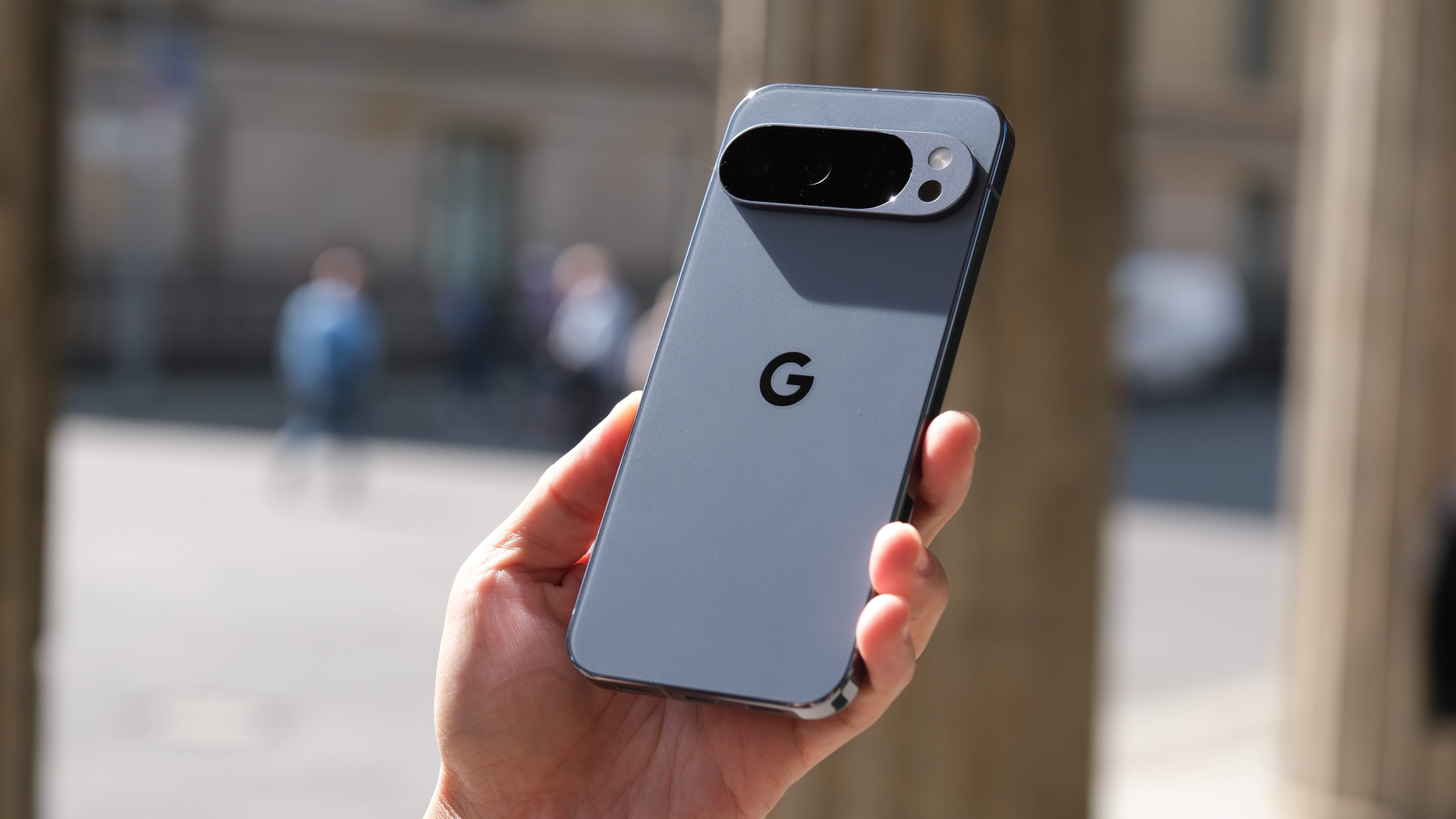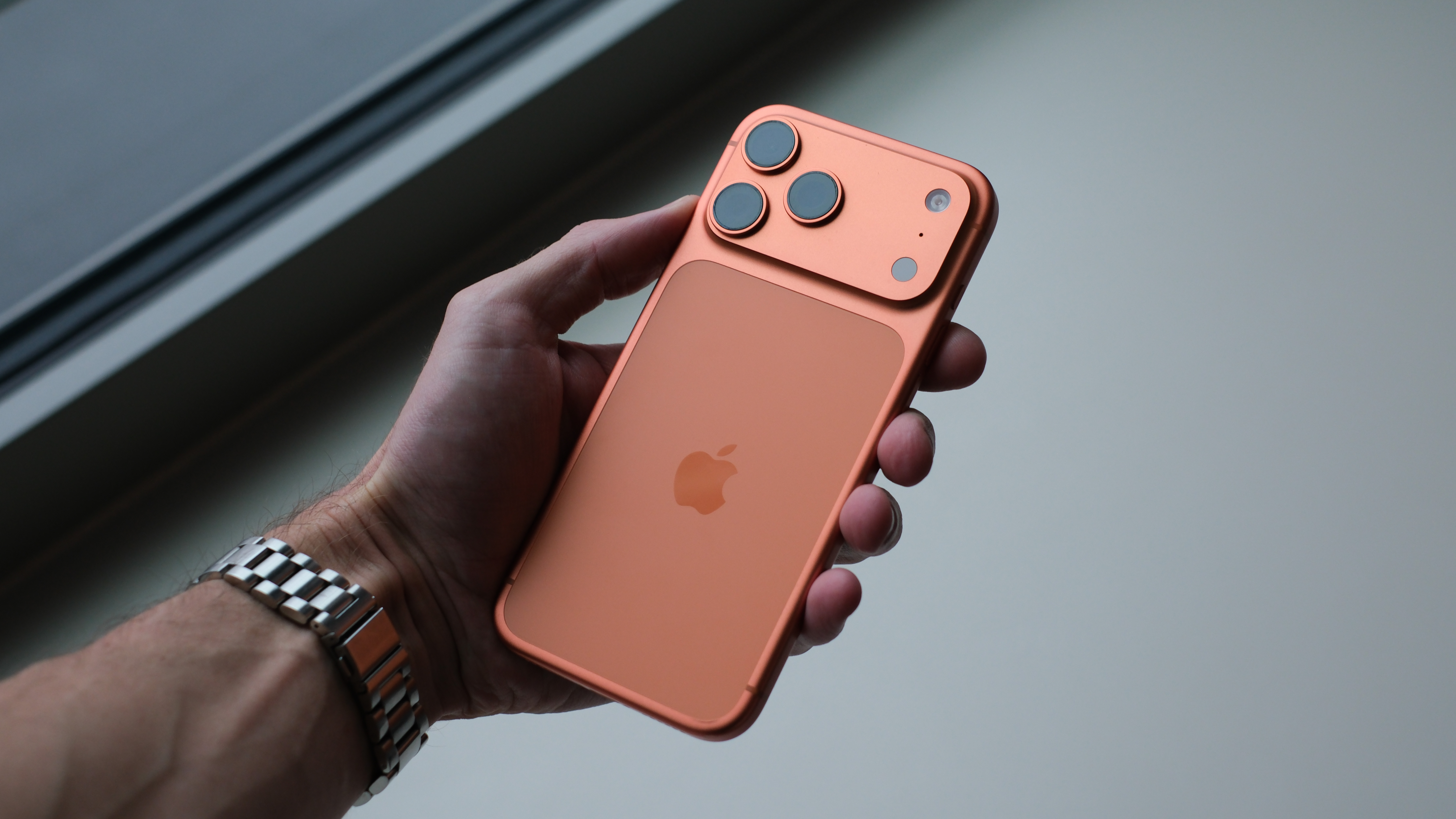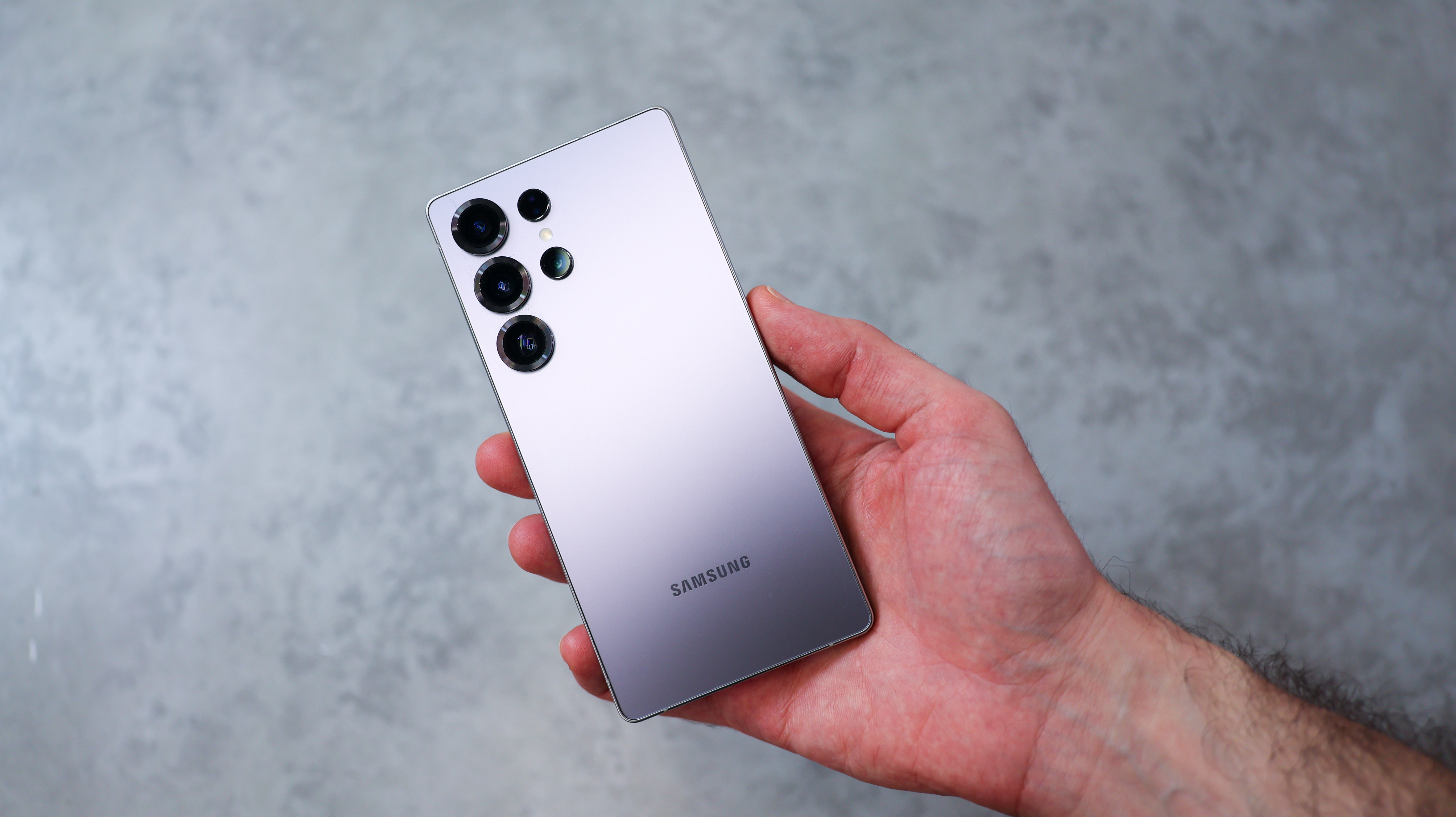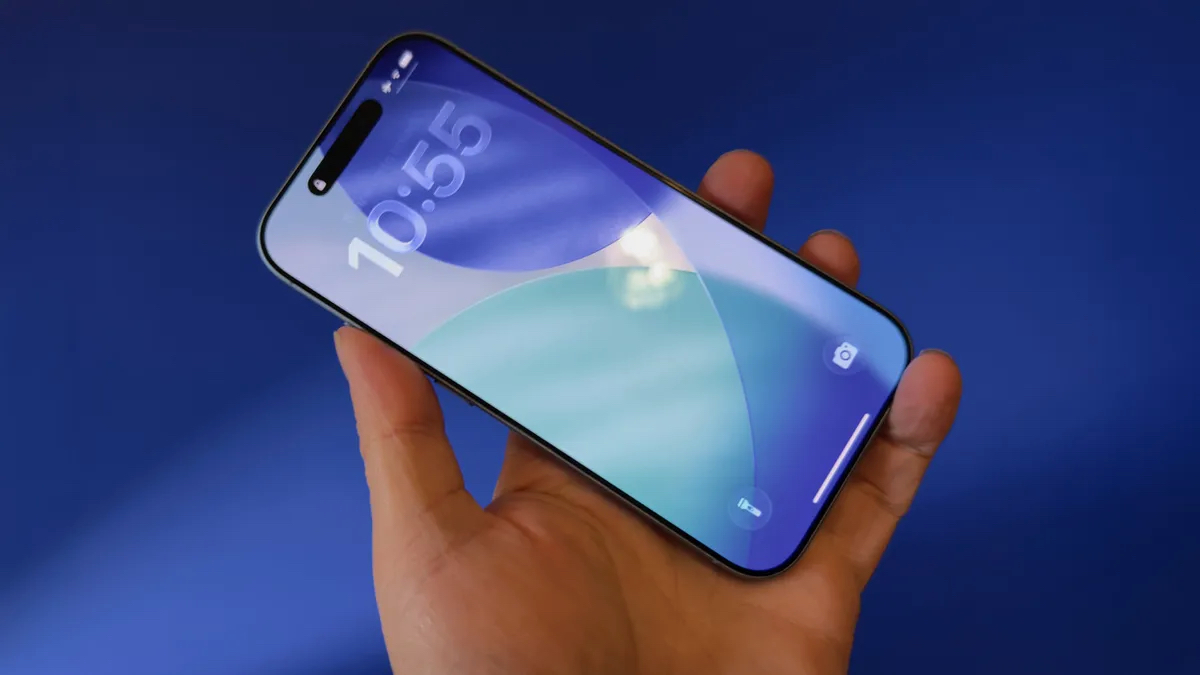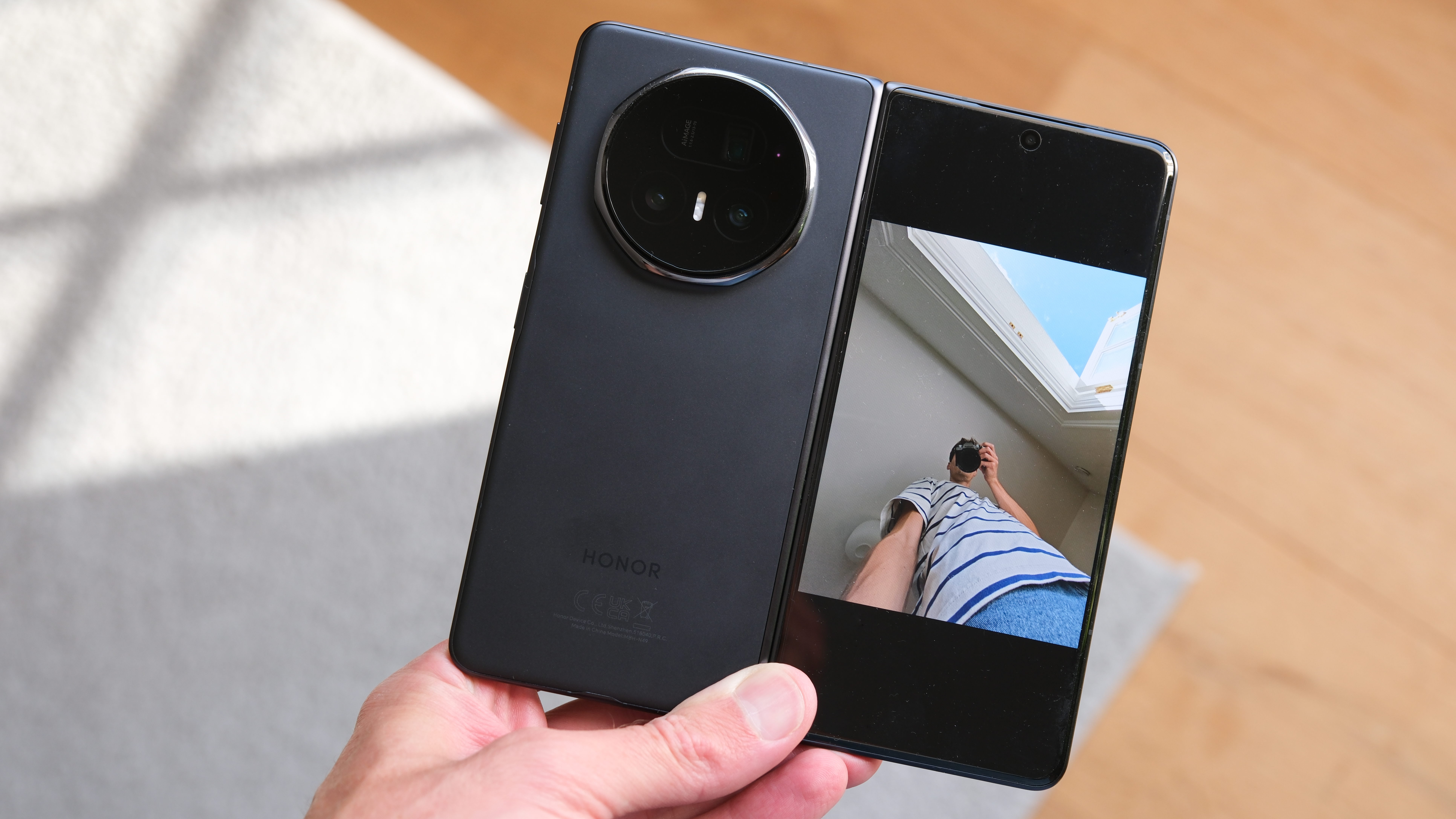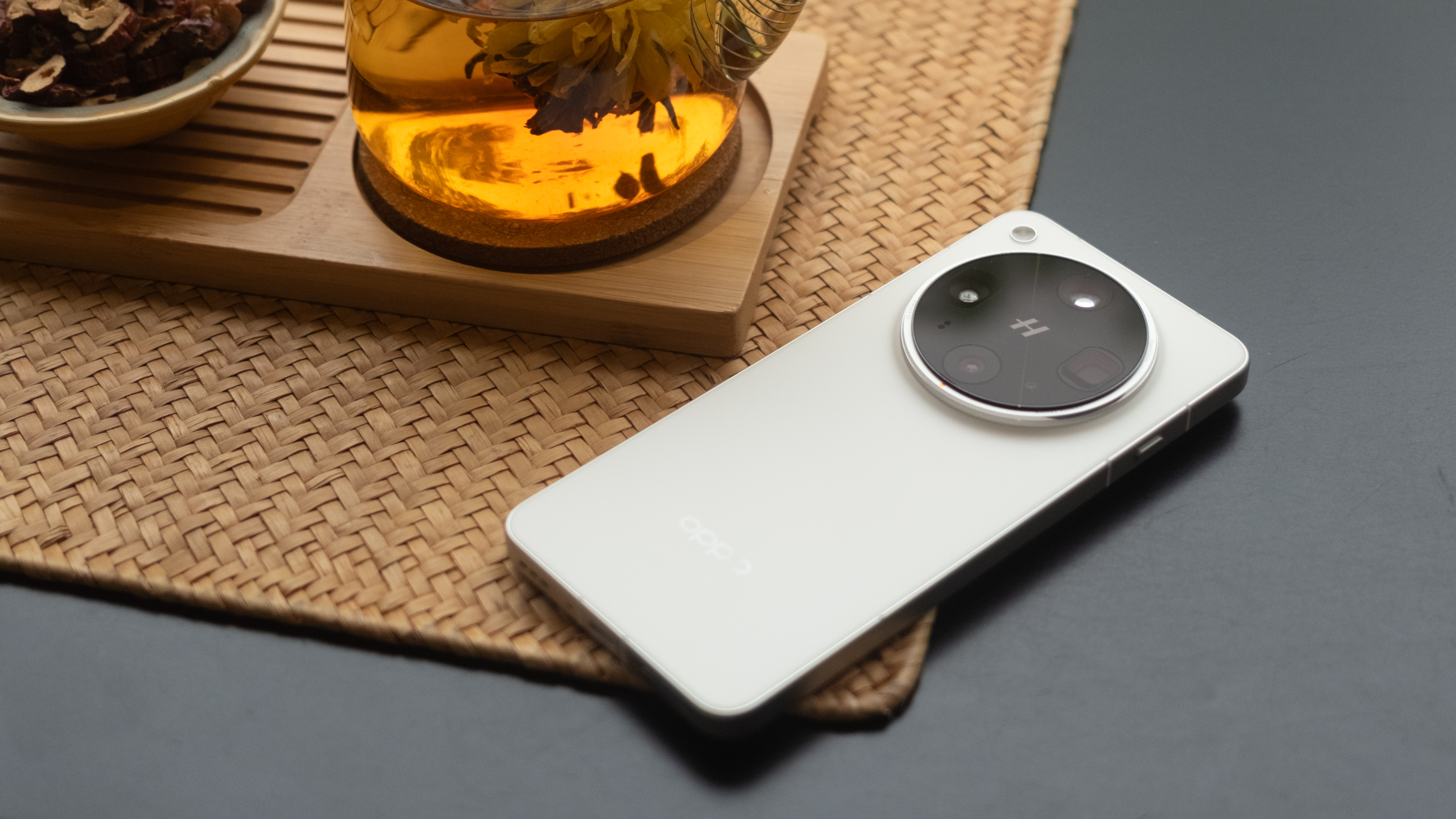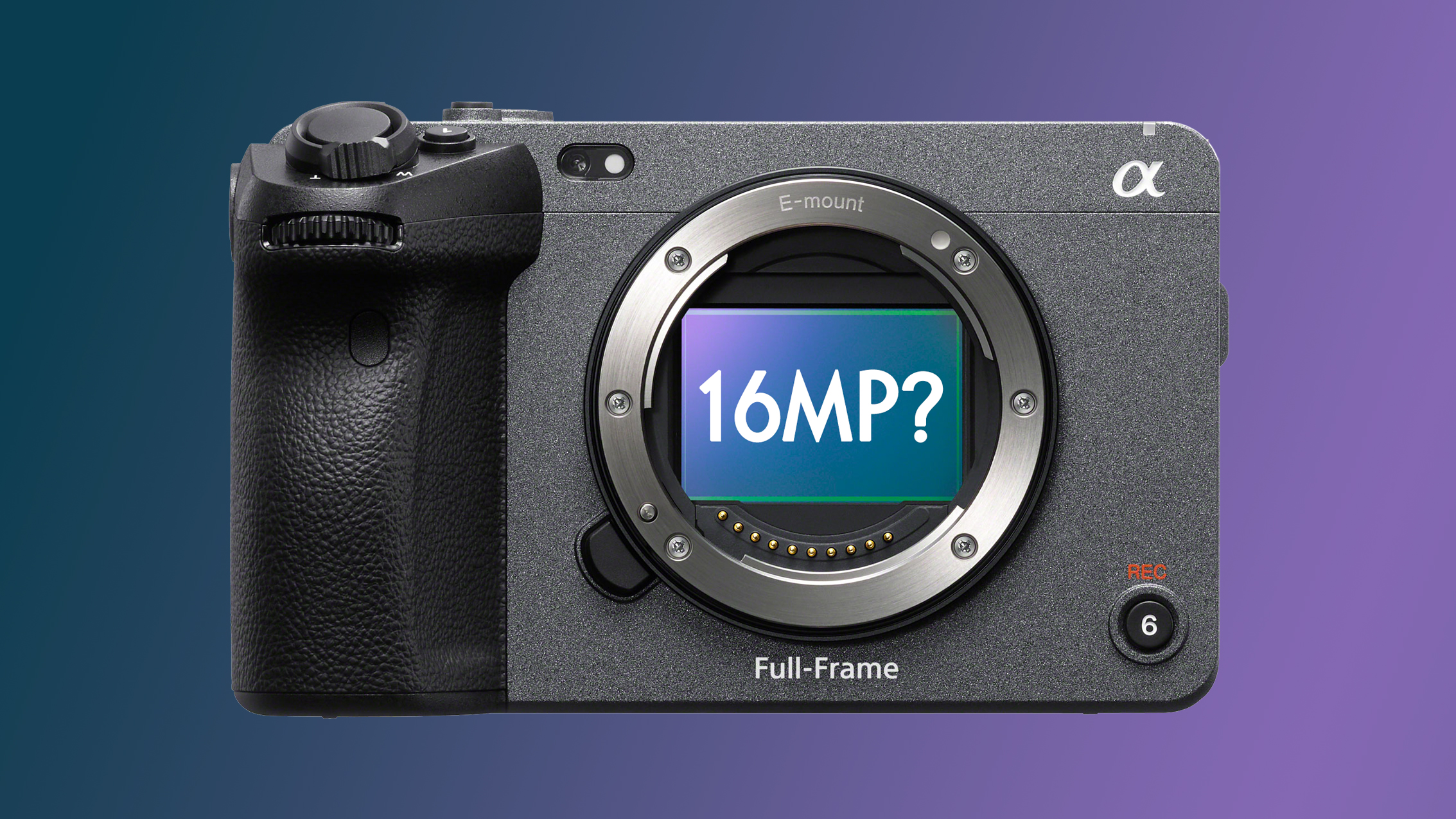The best camera phone in 2026: what's the best smartphone for photography?
The best camera phones take photos and video that rival traditional cameras – these are the top smartphone shooters
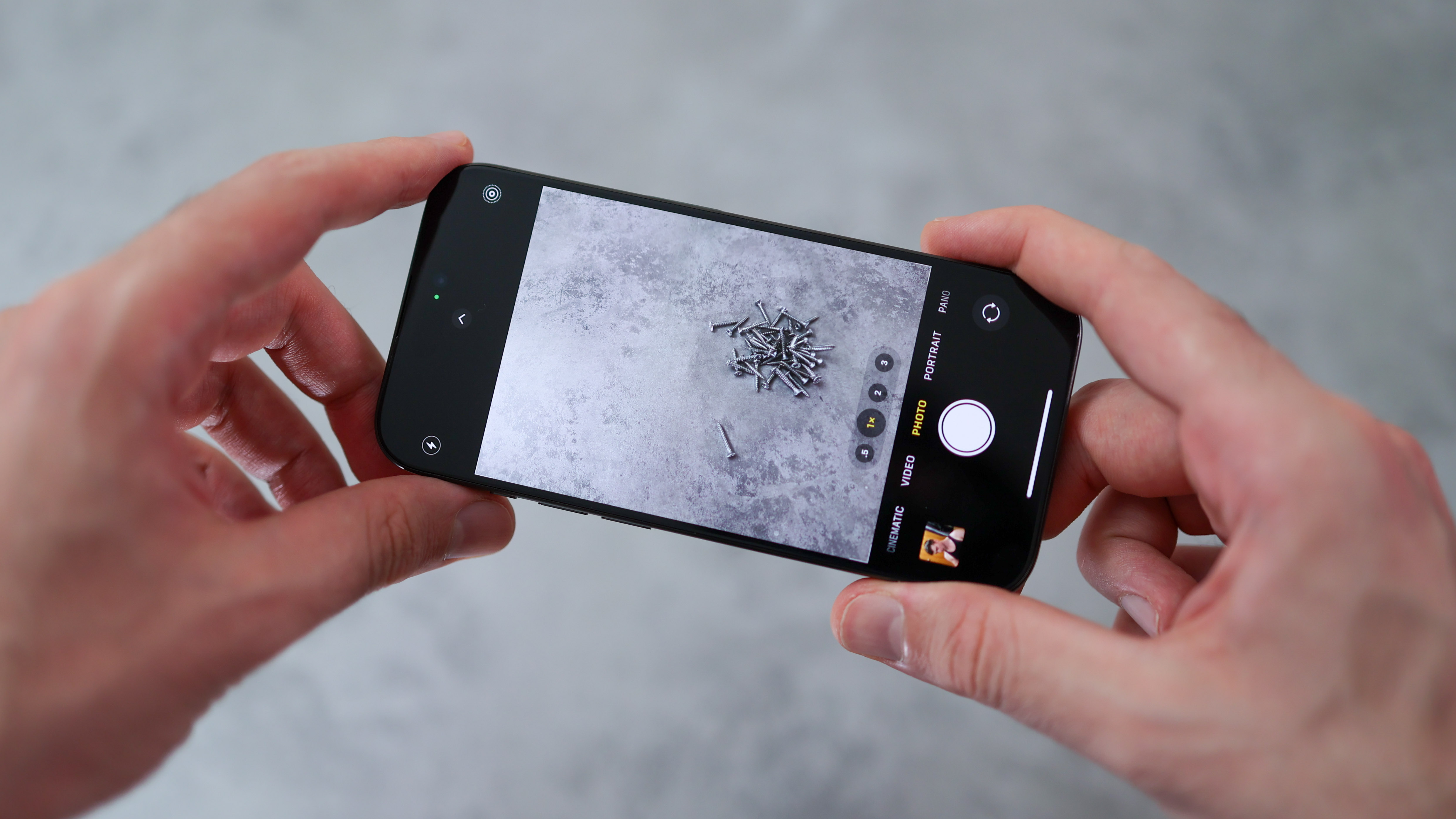
The best camera deals, reviews, product advice, and unmissable photography news, direct to your inbox!
You are now subscribed
Your newsletter sign-up was successful
Having a great camera phone is essential for taking amazing photos wherever you are, whenever you’d like. After all, not everyone can carry around a big DSLR at all times. I love a good camera phone because it’s simply convenient. As technology continues to progress, the best camera phones have powerful image sensors, incredible features, and the ability to process and edit images with the touch of a button.
☑️ Over two thousand products tested and reviewed
📷 7 years of experience testing phones, camera gear, and accessories
👥 Team of knowledgeable and passionate reviewers who love photography
✖️ Reviews and guides are unbiased – and never influenced by brands
With all that technology out there, though, it can be hard to make a decision on what phone is best for you. That’s where I come in. At DCW, we’ve tested all of these camera phones firsthand so you can be sure that I know which ones truly take the best photos. And since I am also a photographer, I really do know how to distinguish a good photo from a bad one.
If you want to get right into it, my favorite overall pick for both photo and video is the Apple iPhone 17 Pro Max with stunning quality and ease of use. If you’re just a photo enthusiast, then the Google Pixel 10 Pro / 10 Pro XL is the way to go, as I love their cameras for photography and AI editing smarts.
Finally, this guide is a mix of phones from all manufacturers, but if you are specifically team Apple or team Android, then you might want to check out my specific best iPhone or best Android phone for photography guides.

Gareth is the Reviews Editor at Digital Camera World – and the person in charge of approving all the latest camera-related tech. As an experienced photographer, he is always on the lookout for top camera phone quality to rival his mirrorless cameras, and always jumping between Android and iOS, he knows each system's strengths and weaknesses when it comes to photo and video.
The Quick List
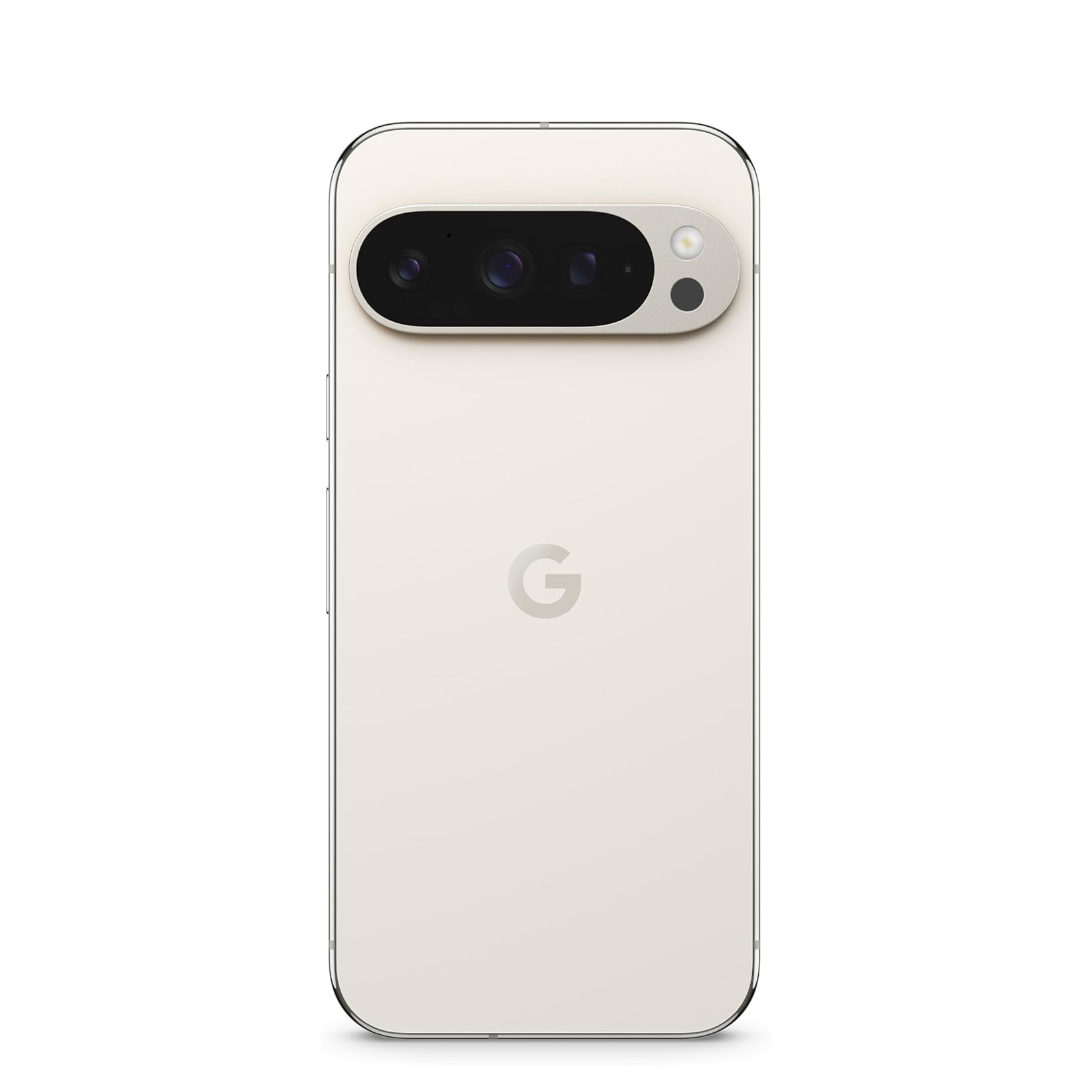
The Pixel 10 Pros are the most consistent phones for photography, with great images every time. Both sizes have identical camera setups but different screen sizes, so you can pick the size that works for you.
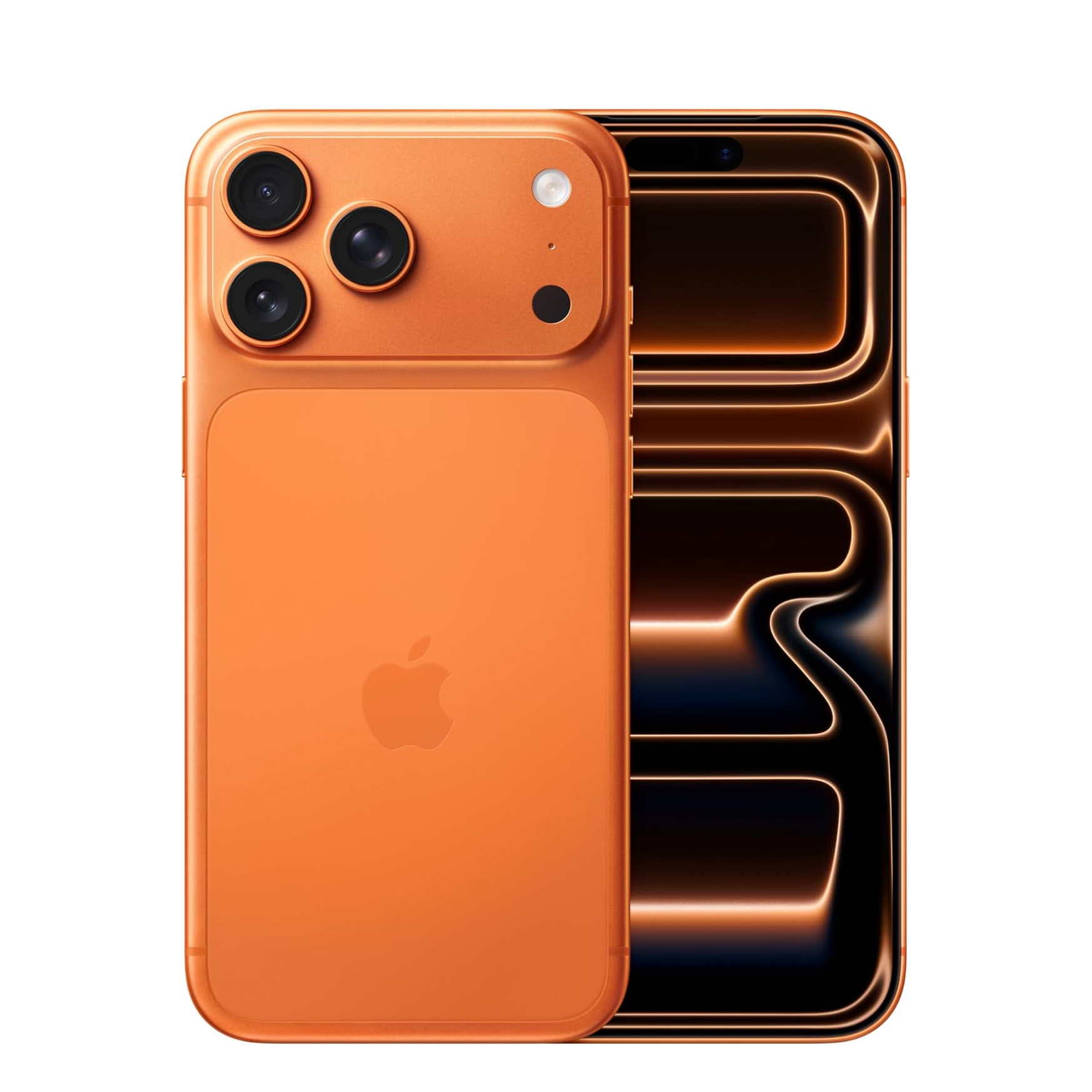
The iPhones are a very close second in photography, but for anyone looking for the best phone for videos, the iPhone 17 Pro and Pro Max can't be beat – with a new design and telephoto lens, they are also better than ever.
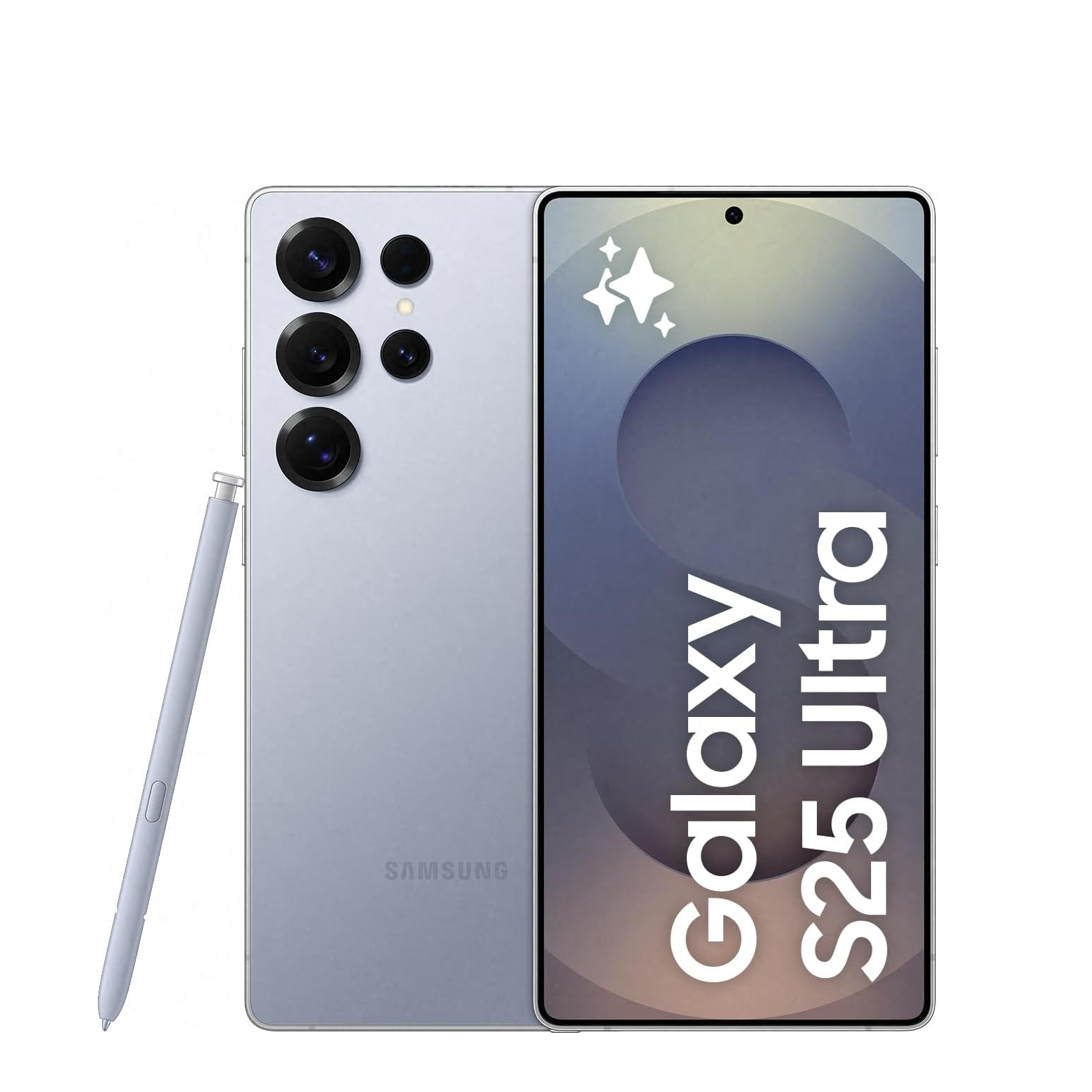
Samsung fans look no further – the Samsung Galaxy S25 Ultra is one pretty phone that also benefits from an impressive 200MP camera, which you can actually use every pixel.
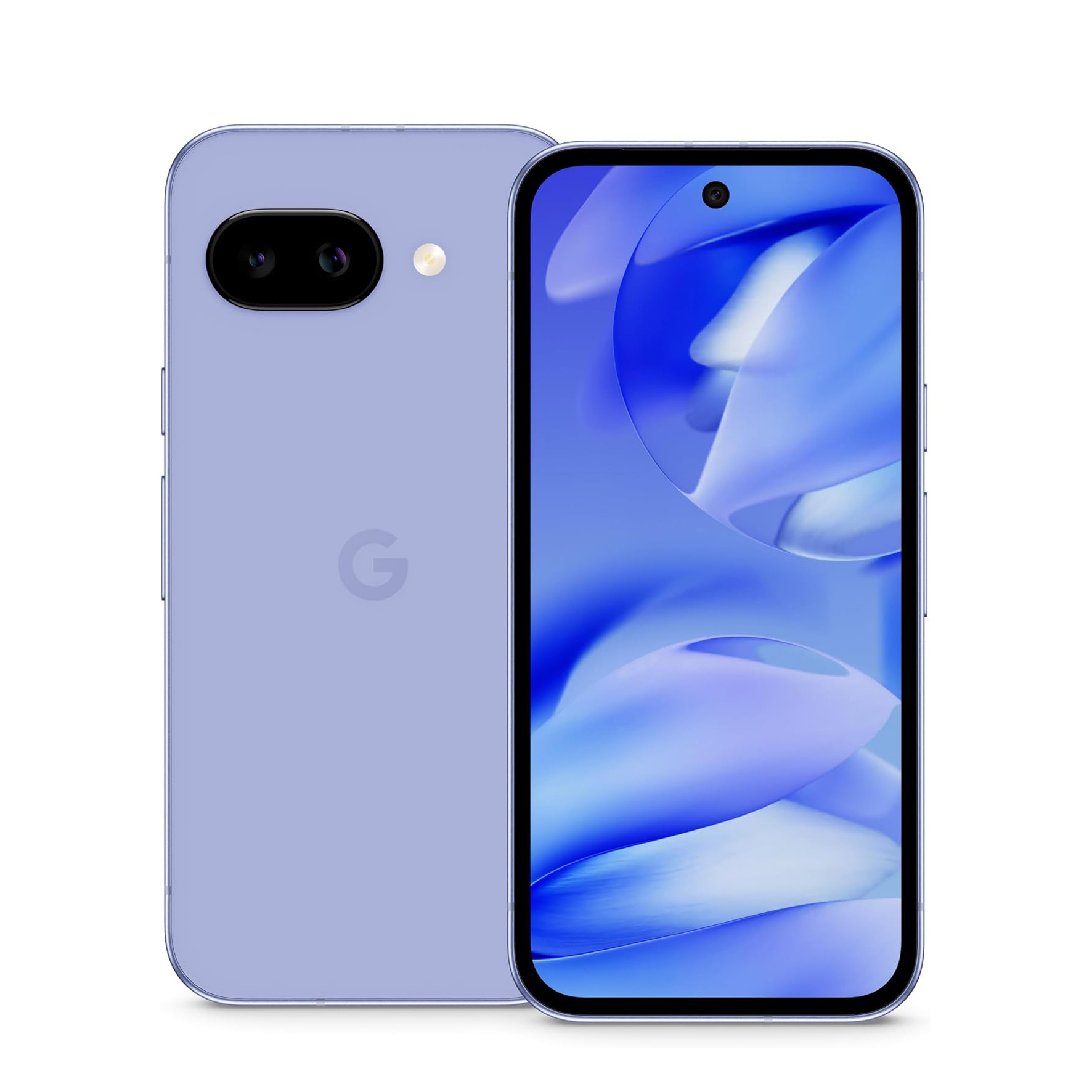
If you're looking for a great image-maker for an amazing price, then the Google Pixel 9a takes the crown as my top pick for affordable phone photography with two very impressive cameras.
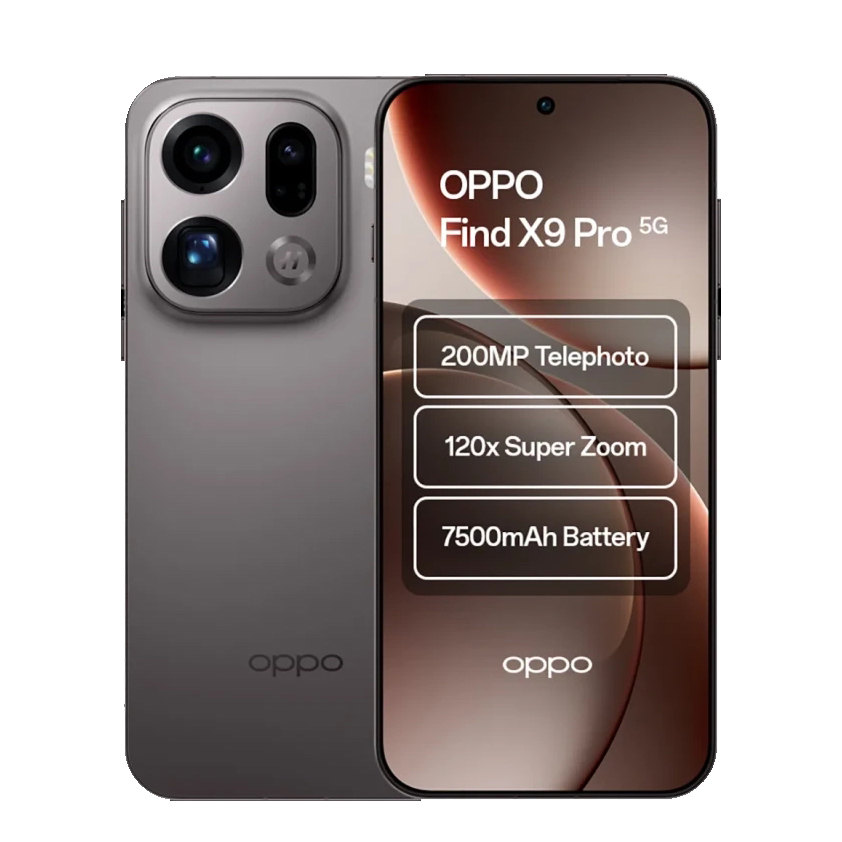
The Oppo Find X9 Pro's 200MP telephoto lens alone would be enough to put it on this list as the best zoom, but paired with the Hasselblad teleconverter adapter – it's the best zoom I've ever seen from a phone.
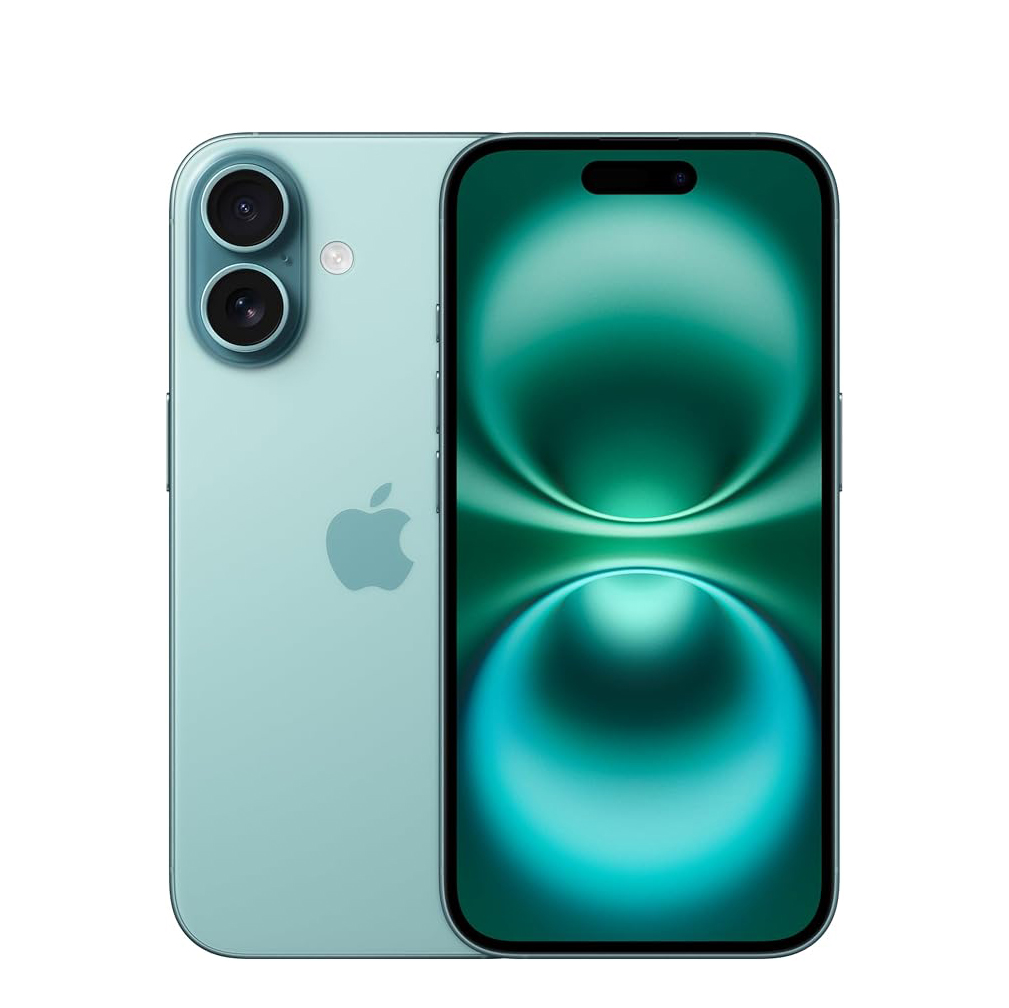
The iPhone 17 might not be the top-spec phone on this list, but it is the best shooter for casual, everyday phone photographers who want an excellent camera for content creation.
View the full list...
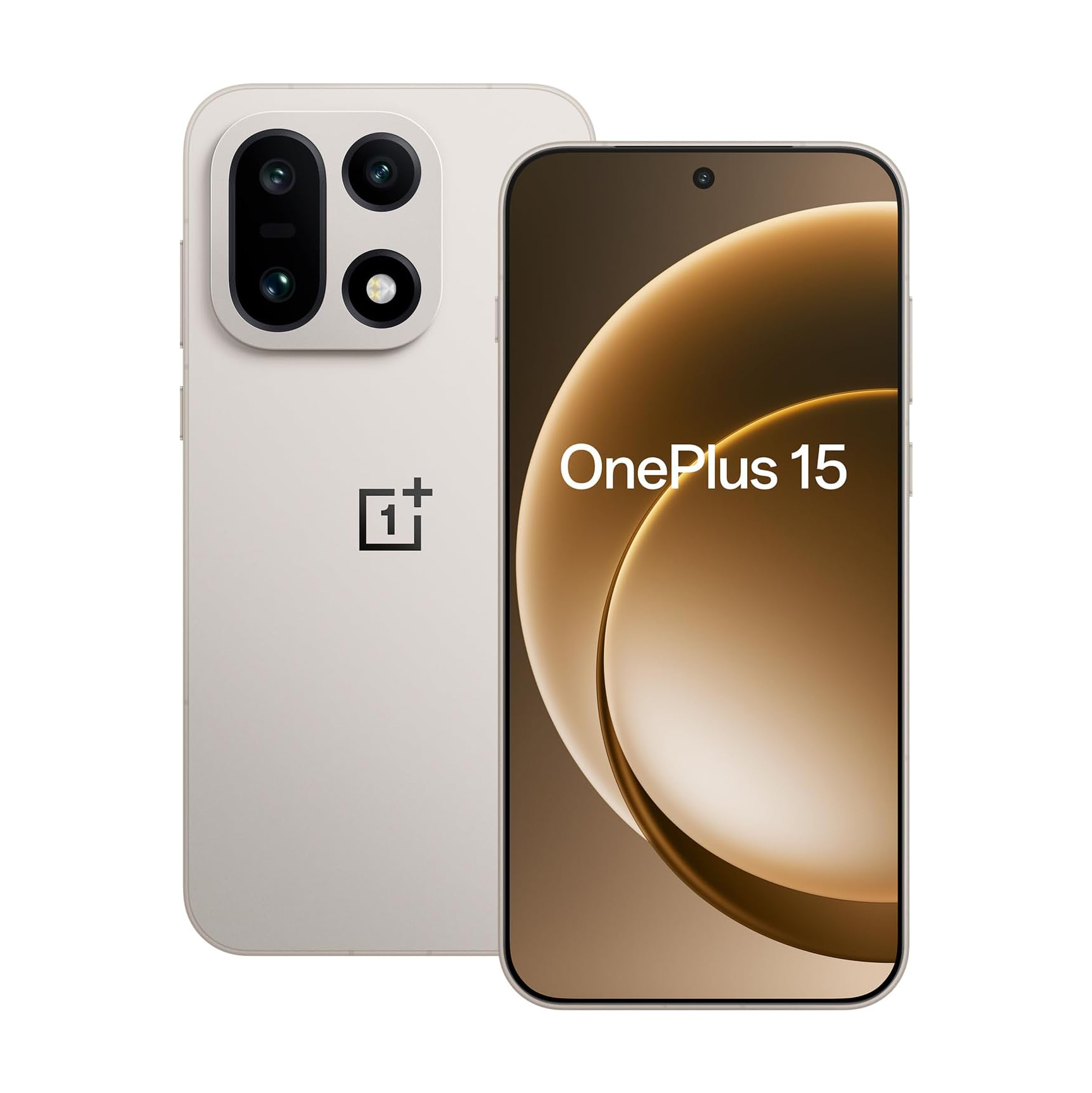
The OnePlus 15 has all the hallmarks of a flagship phone – triple 50MP cameras, a powerful processor, and a huge 7,300mAh battery life – but makes it a little more affordable than rivals.

The Honor Magic V5 takes the foldable crown with slick software utilizing both screens, a fantastic thin design that feels no thicker than an iPhone, and still fitting in a trio of excellent cameras.
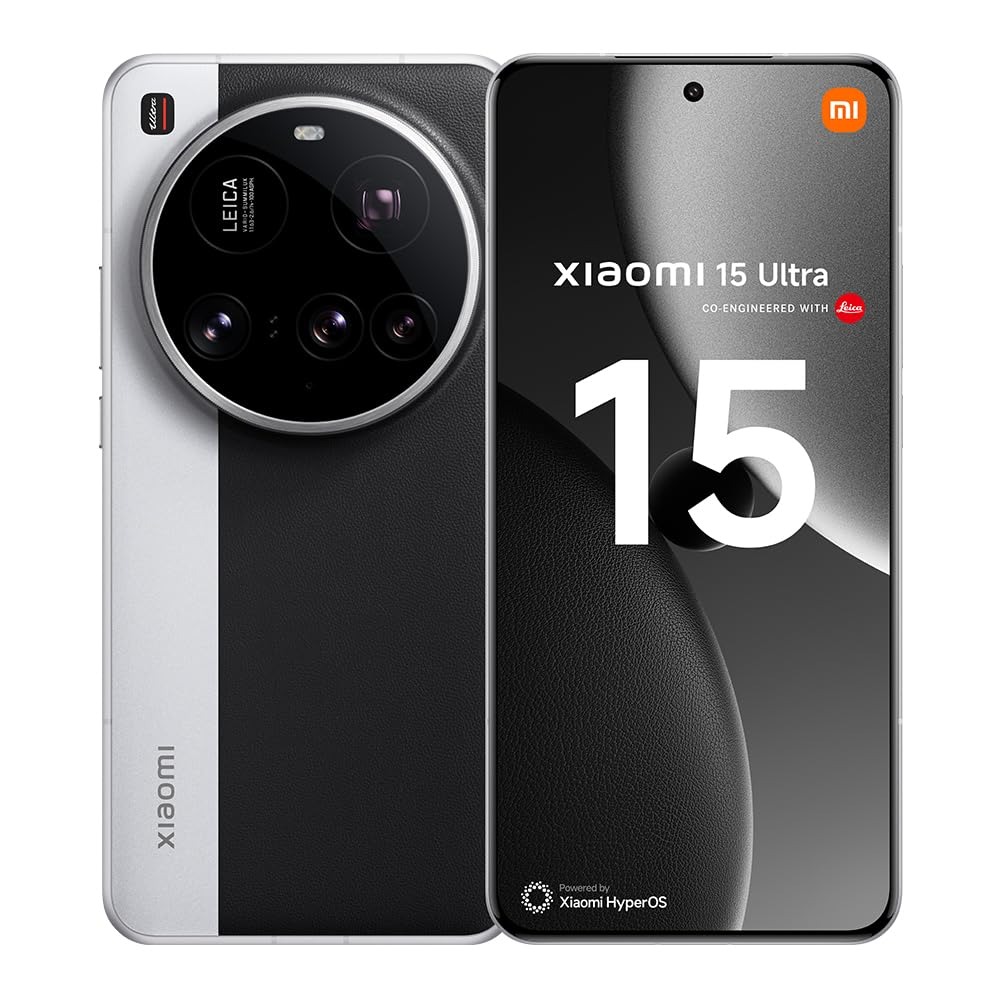
The Xiaomi 15 Ultra is the ultimate phone for photography pros, with four cameras, including a huge 1-inch sensor. Pair it with the Xiaomi photography kit and you've got yourself a compact camera alternative.
The best camera phones
Why you can trust Digital Camera World
The best phone for photography
Specifications
Reasons to buy
Reasons to avoid










Again, Google has released its flagship in two sizes, but has equipped both sizes of phone with identical camera setups and other specs. With no trade-offs to make between the two – you just need to decide if a 6.3-inch Pixel 10 Pro or 6.8-inch Pixel 10 Pro XL screen suits your hands and pockets more comfortably.
The Pixel 10 Pros have seen a very modest update in cameras from last year's models, with the same trio of sensors in the rear. But that really doesn't matter, as just as the Pixel 9 Pro sat atop our list of best camera phones, with the Pixel 10 Pros, Google is keeping the good times rolling.
The quality and consistency of its cameras are sublime, with the phones particularly excelling in night-time photography. But where Google is improving is with its ever-increasing stable of AI-enhanced modes like blur reduction, which uses machine learning to unblur images, and 'Best Take', which lets you swap the expressions of photo participants so everyone looks their best. Google has also introduced a new AI-assisted Pro Res Zoom that provides brilliantly sharp results beyond the phone's usual optical limits.
For anyone who wants to get a bit more serious with their photography, the Pixel 10 Pros also have a RAW capture, letting you take full advantage of the megapixel-packed sensor, as well as a new pro controls mode giving you manual control over the look of your images, just like you might get with a mirrorless camera.
Although when it comes to video, it still can't quite compete with the iPhone 16 Pro Max. Google has added a neat new Video Boost, though, which uses AI in the cloud to clean up dark video to improve clarity, which works nicely but is not a make-or-break feature, although this doesn't work on the ultra-wide camera.
With a sleek new design that flattens out the sides and the screen, this is also the best-looking Pixel yet. The screen is beautiful to use and gives Apple a run for its money in clarity and color. Google is also now future-proofing its phones by way of continued software support for up to 7 years. You do get a lot for your money here, as well as some peace of mind, as yet again the Pixel range has gone up in price.
Design | The Pixel 10 Pro is beautifully built, feels superb in the hand, and its display is a genuine standout feature. 5 |
Camera Performance | Still photography remains Google’s strongest suit, with reliable results time after time, now improved by a sharper 100x super-res zoom, the helpful camera coach, and powerful AI editing tools. 5 |
Phone Performance | The latest Tensor chip might not win benchmark races, but in daily use it feels smooth and responsive, with enough stamina from the battery to just about last a full day. 3.5 |
Value | Its a pricey phone, but with an excellent design, build, screen and triple camera setup, the Pixel 10 Pro offers value that goes head to head with Apple and Samsung. 4 |
Overall | ★★★★½ |
Read more: Google Pixel 10 Pro & 10 Pro XL review
The best phone for video
Specifications
Reasons to buy
Reasons to avoid

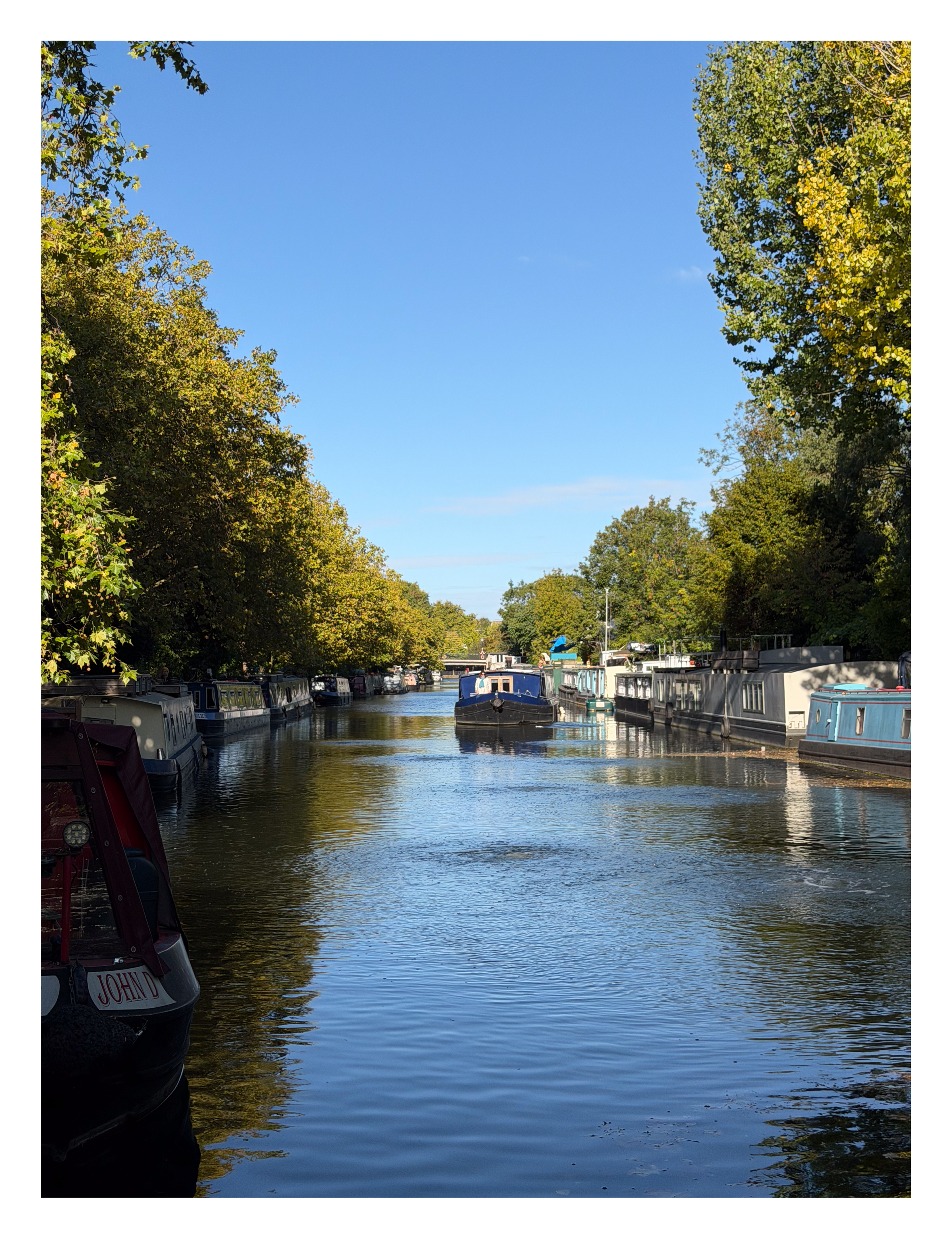

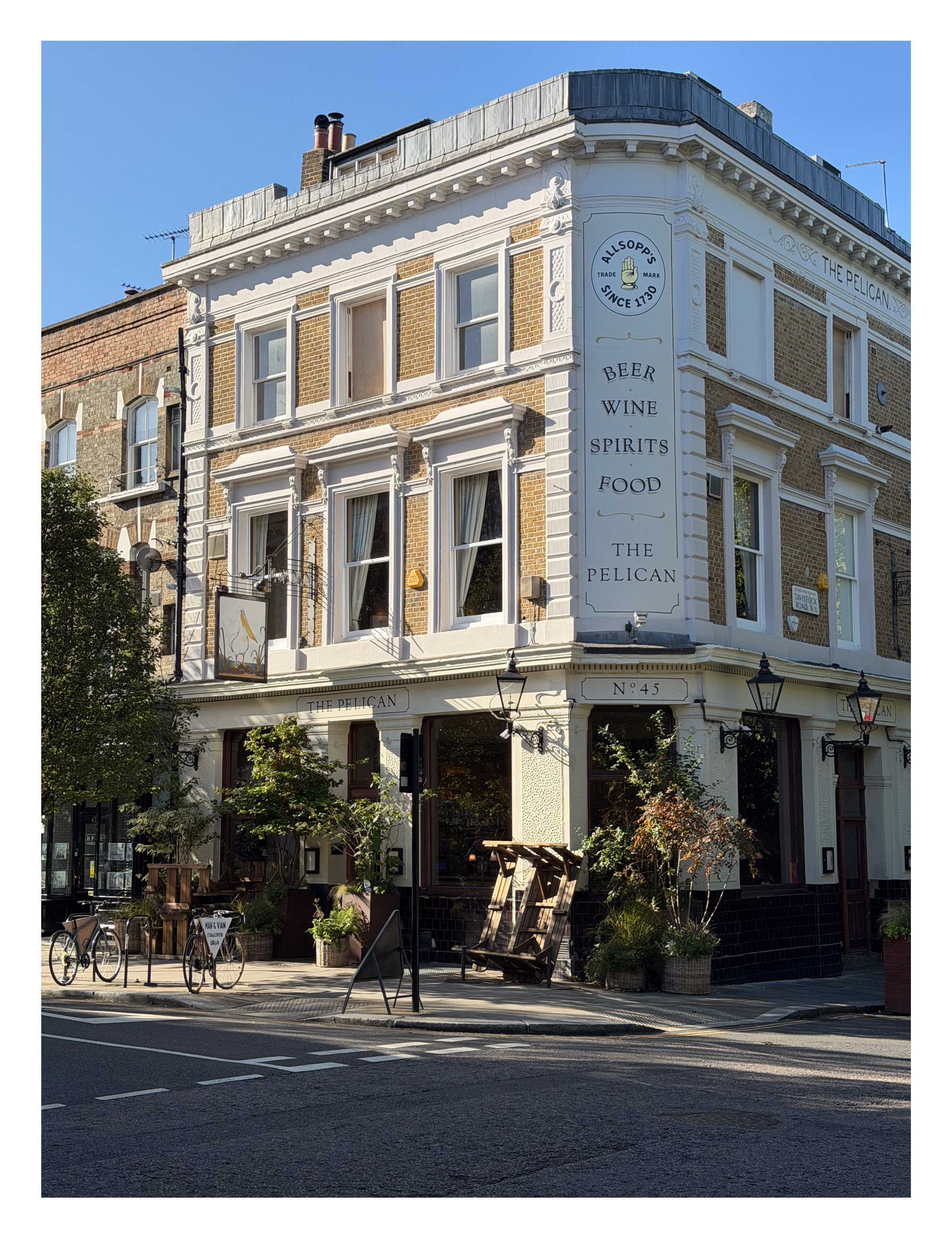


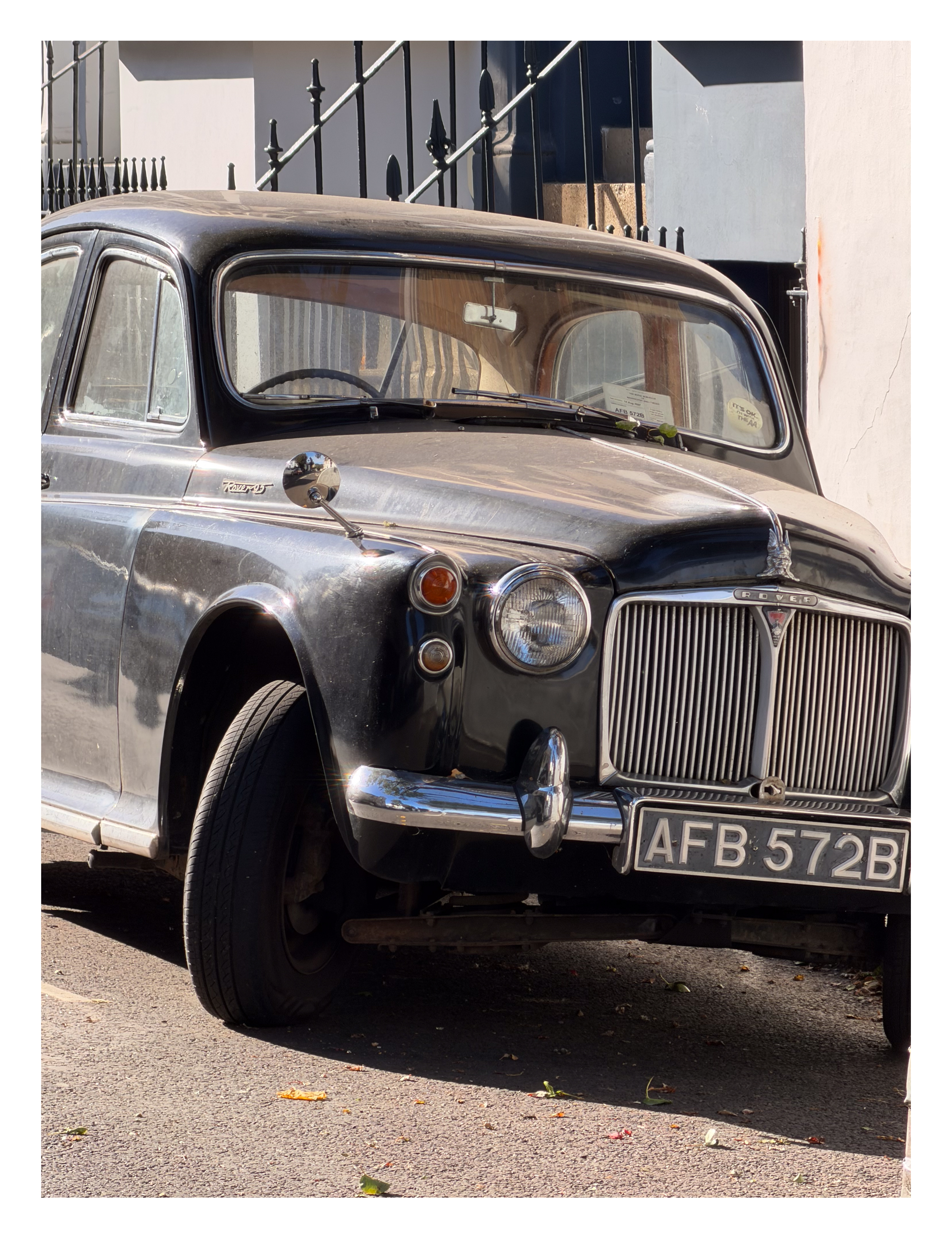
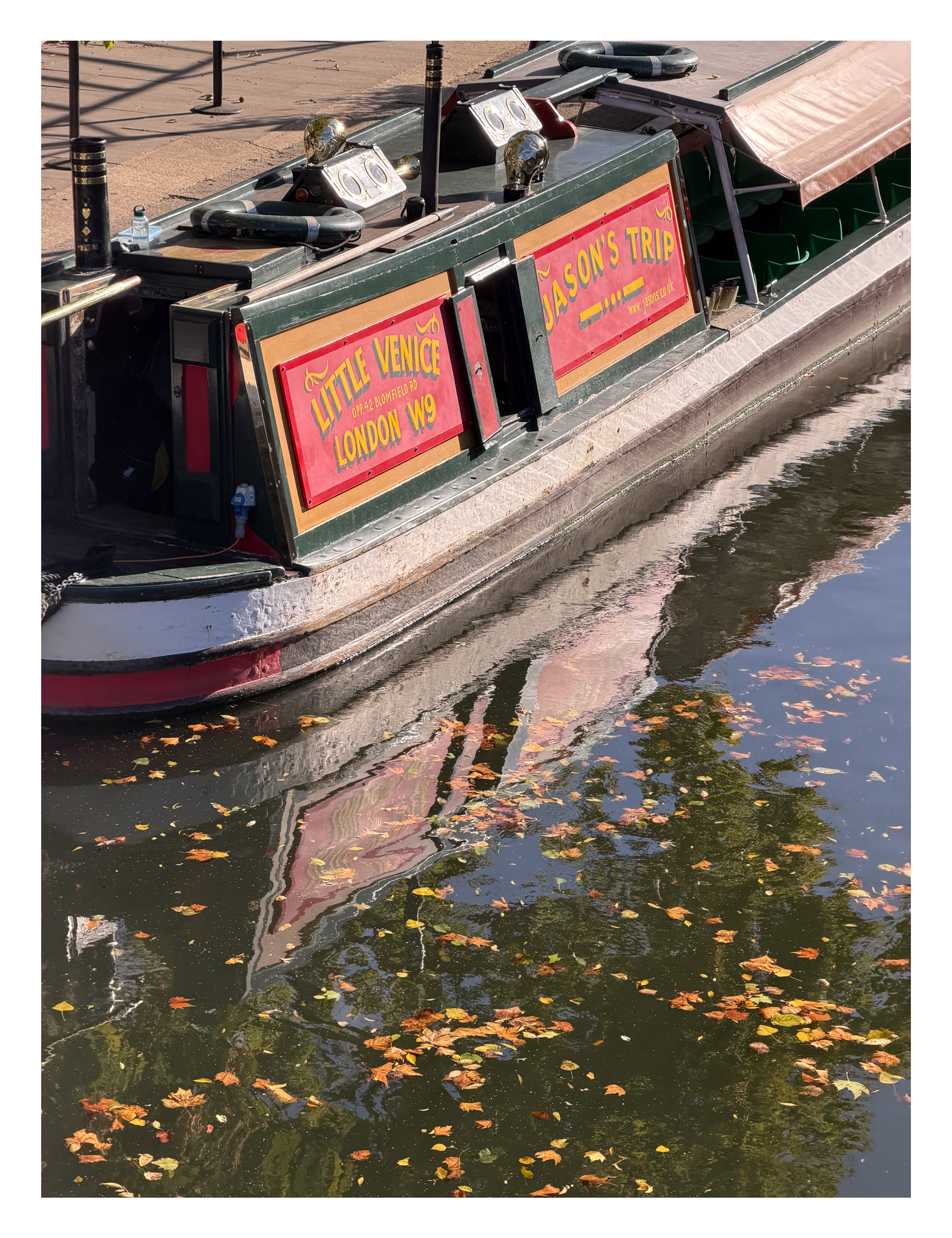
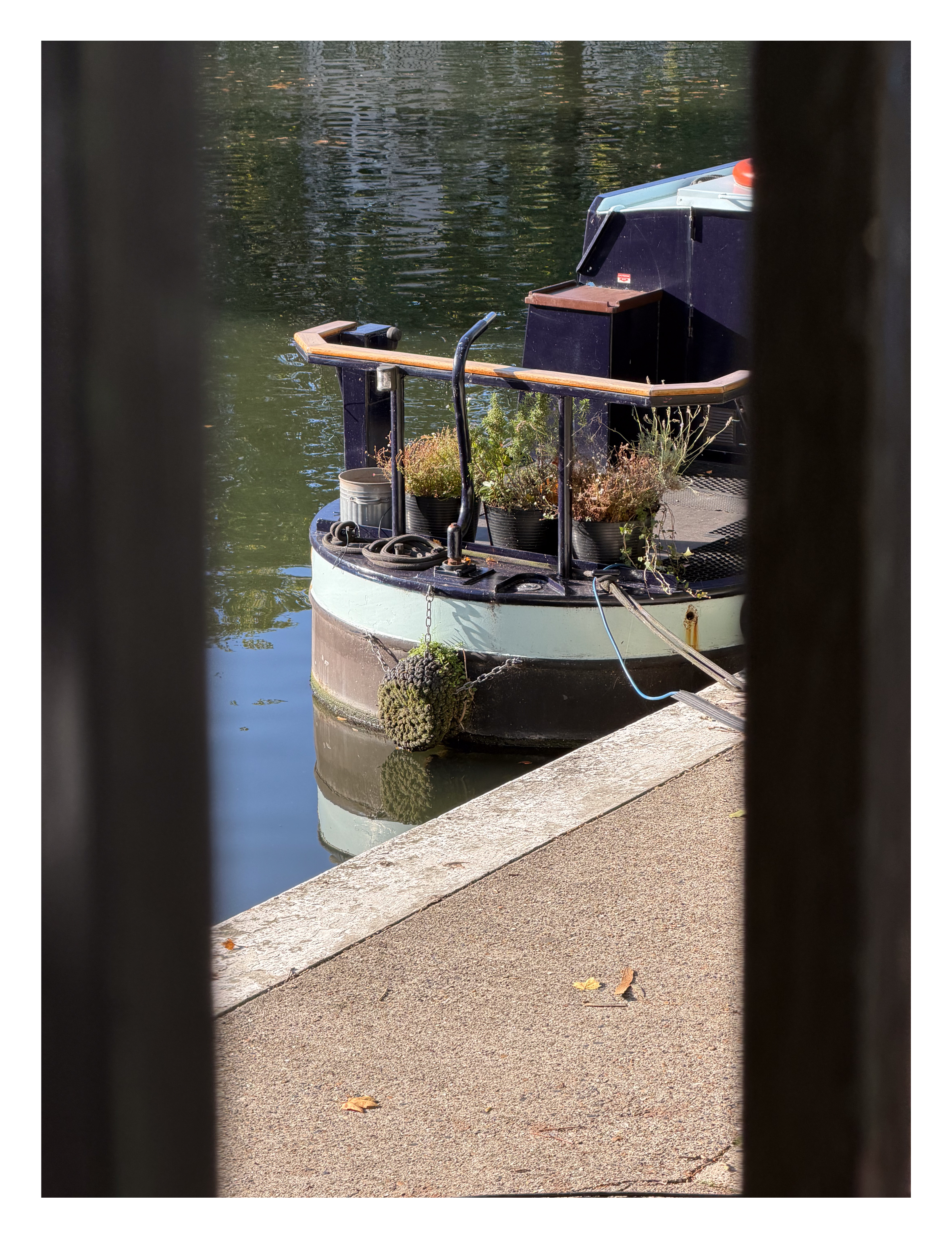
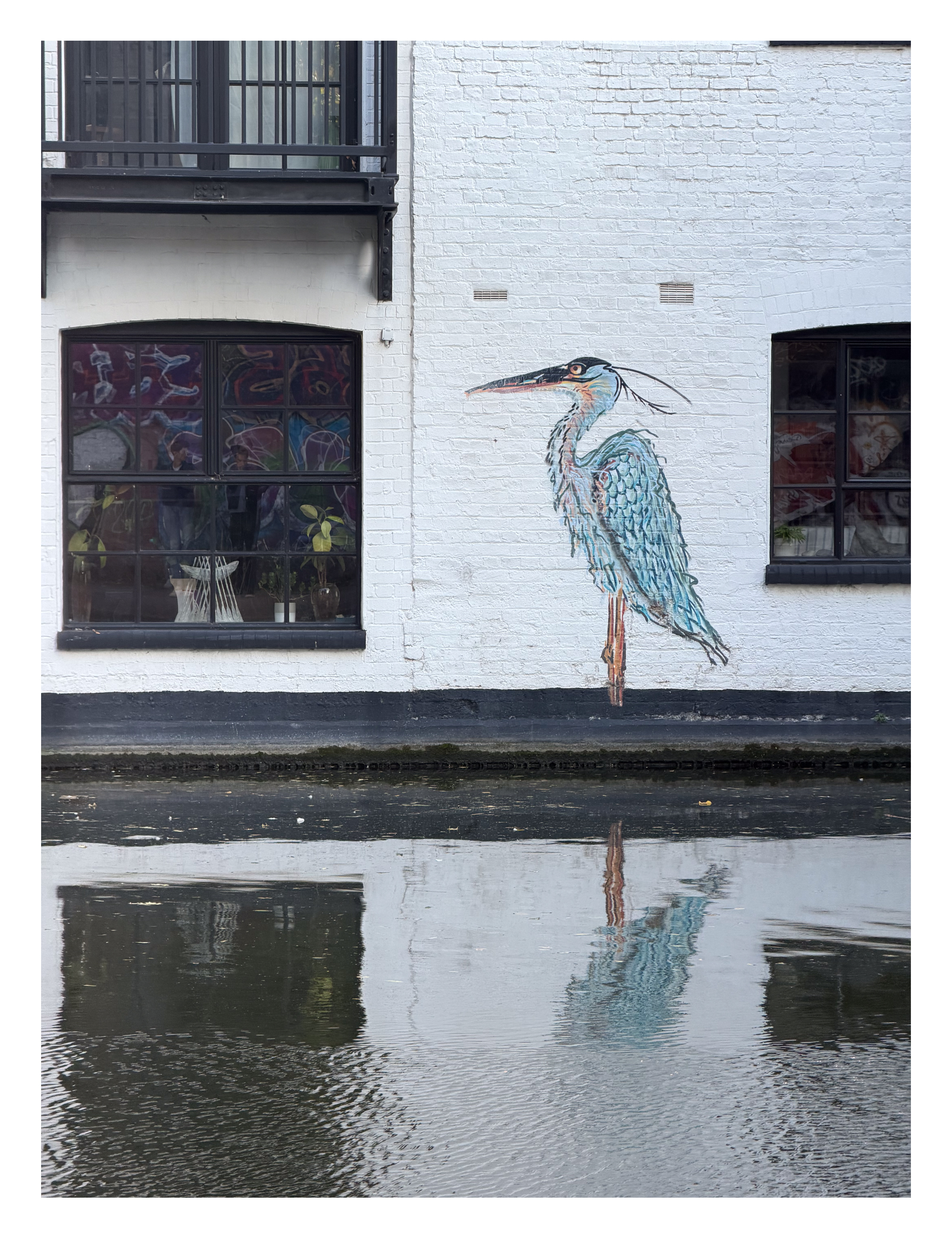
The iPhone 17 Pro series represents Apple’s most capable camera phone push to date. At 6.9″ for the Pro Max, the screen still delivers 120Hz ProMotion and now peaks at around 3,000 nits with an anti-reflective coating, making it easier to use outdoors. Inside, the A19 Pro chip is paired with a vapour-chamber cooling system to sustain high performance and long battery life, even under heavy use.
The camera system is the headline upgrade: all three rear lenses (wide, ultra-wide, and telephoto) are now 48 MP sensors, and the telephoto now supports 4x optical zoom (and up to 8x hybrid). This gives the phone a broader focal-length reach – approaching 70-200 mm equivalent – something we’ve rarely seen in an iPhone before. The front camera also gets a significant overhaul: an 18 MP “Center Stage” unit uses a larger sensor and smarter framing to make selfies and group shots easier to capture.
In terms of design, Apple switches back to an aluminium unibody instead of titanium, allowing for bold new finishes (including Cosmic Orange) and a full-width camera “plateau”. The phone is slightly larger/heavier than last year’s model, but that seems part of the trade-off for the bigger camera and battery upgrades.
For users who prioritise photography – especially zoom and content creation – this is arguably the most complete iPhone yet. The improvements across screen brightness, camera versatility, battery life, and performance feel like a proper “pro” step up.
Features | This time Apple has got the cameras right (48MP x 3 + 18MP Center Stage) and the battery right (comfortably lasting all day). 5 |
Design | I can't give all the stars because not everyone where I'm reviewing loves it, but I think it was about time we saw a new look for the iPhone. I just hope that the orange still looks good when comes time to trade in. 4 |
Performance | Imaging performance across the range is impressive, both in terms of detail and handling of light. 5 |
Value | The number of stars you see here depends a bit on your perception of iPhone, but I'd argue that the option to get everything in a single box could be more efficient than you expect (and I had braced for bigger price rises!). 4 |
Overall | ★★★★½ |
Read more: Apple iPhone 17 Pro Max review
The best phone for high resolution photos
Specifications
Reasons to buy
Reasons to avoid

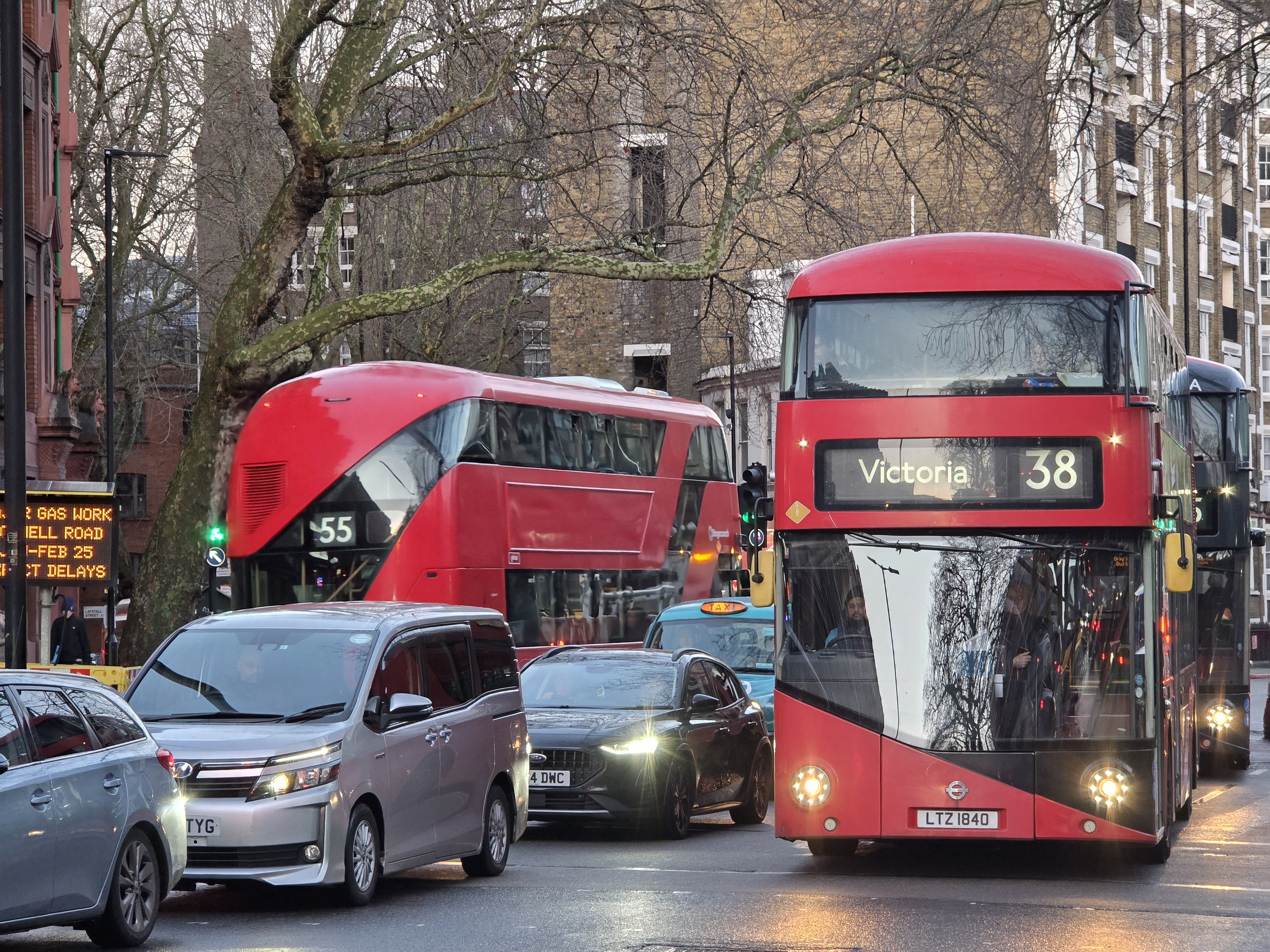
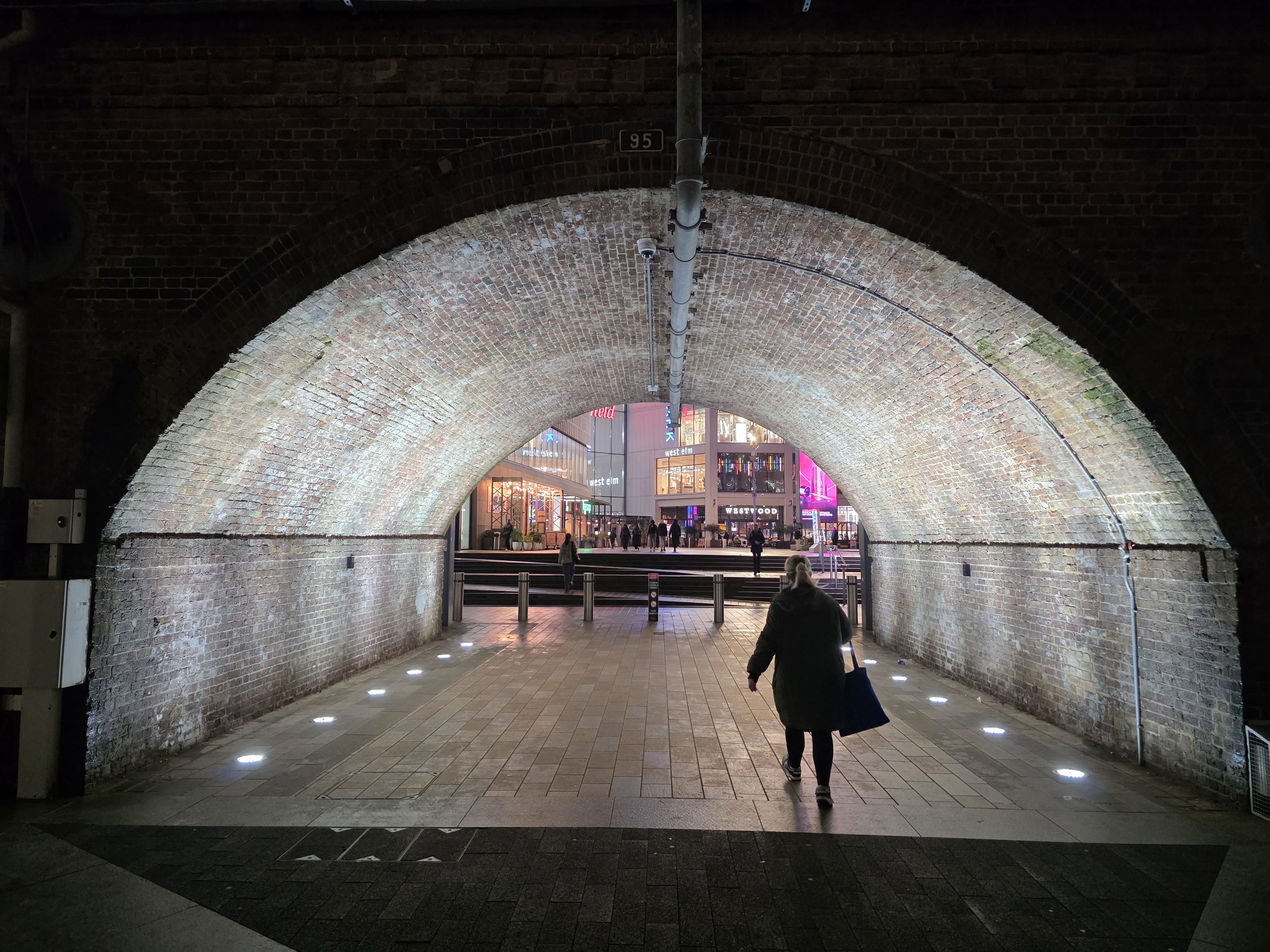

The Samsung Galaxy S25 Ultra offers the most premium experience of any Samsung phone – from its Samsung-tuned version of Qualcomm's latest chip that offers top-tier performance, its big beautiful screen, and of course that signature selection of five different cameras.
The S25 Ultra still positions itself as one of the most well-rounded and feature-complete Android phone cameras currently available. However, for S24 Ultra (and even S23 Ultra) users, there is not a huge change in camera hardware to get you to rush out and buy this new model. I was holding out for more significant changes in the camera hardware, but Samsung has opted for four out of five of the same sensors, with just the ultra-wide getting an upgrade to 50MP.
Maybe we have reached peak hardware, as this is an approach reminiscent of Apple, Google, and many others now – refining a familiar and popular design and instead focusing on camera software with a hefty dose of AI features.
The S25 Ultra though delivers consistently likable photos and videos, although I find Samsung's processing and colors a little less natural than Apple or Google, with a more heavily processed look. I would check out some image samples before you buy. Yet, despite the multitude of cameras and processing power, the S25 Ultra cameras can't quite rise to the increasingly stiff competition. Phone cameras have never been better, and I prefer the photos from both Google and Apple's cameras, meanwhile, Chinese OEMs are pulling off some amazing camera tricks using AI that Samsung doesn't quite have an answer for.
The Samsung Galaxy S25 Ultra is another formidable phone from the world's biggest phone maker – and another fantastic entry into Samsung's Galaxy S legacy. There is a lot for anyone already invested in the Samsung ecosystem to love, as it plays very nicely with Samsung's tablets, laptops, and watches – but where Samsung was once the definitive Android phone, its crown is certainly slipping.
Read more: Samsung Galaxy S25 Ultra review
The best value camera phone
Specifications
Reasons to buy
Reasons to avoid
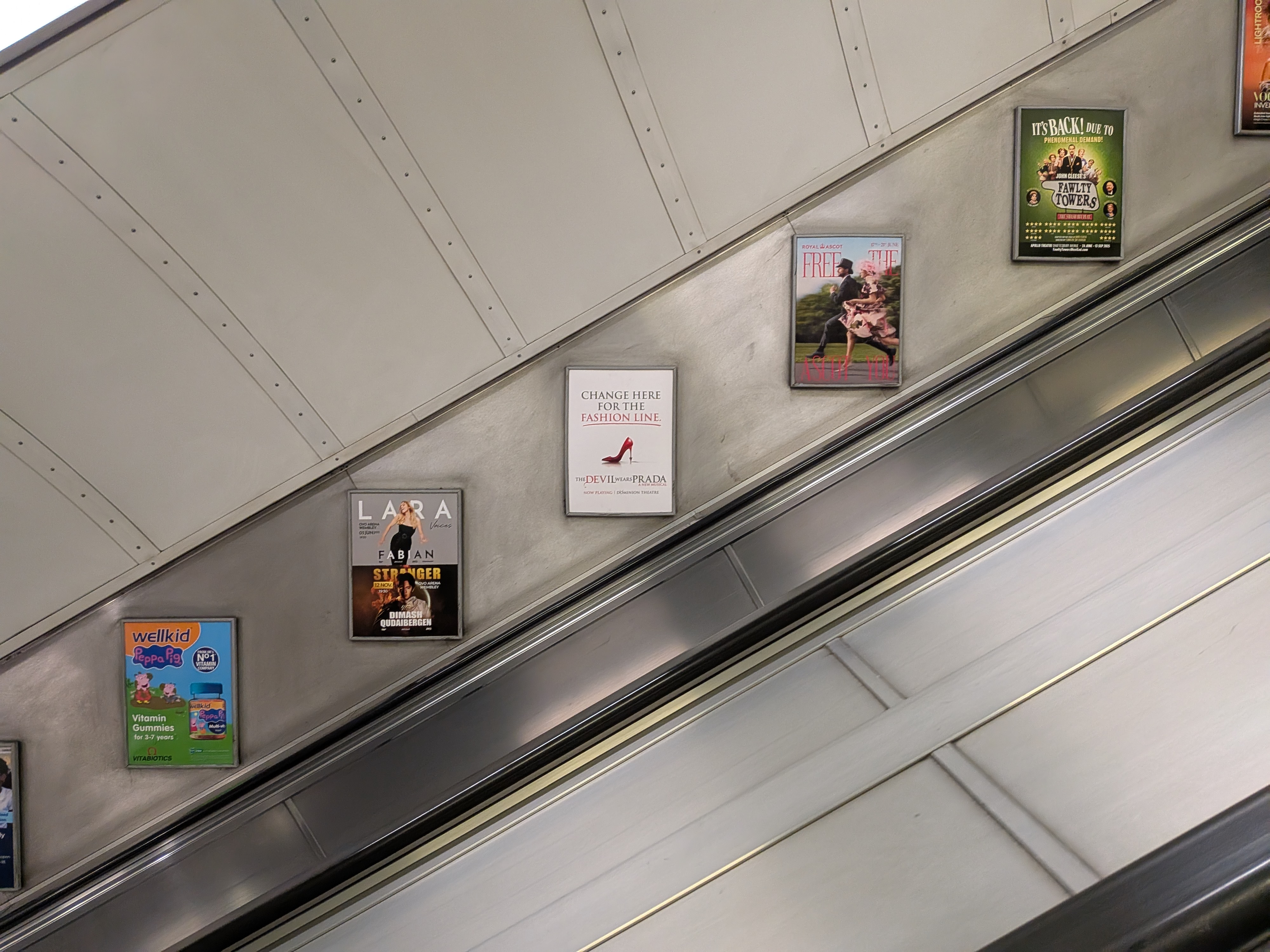
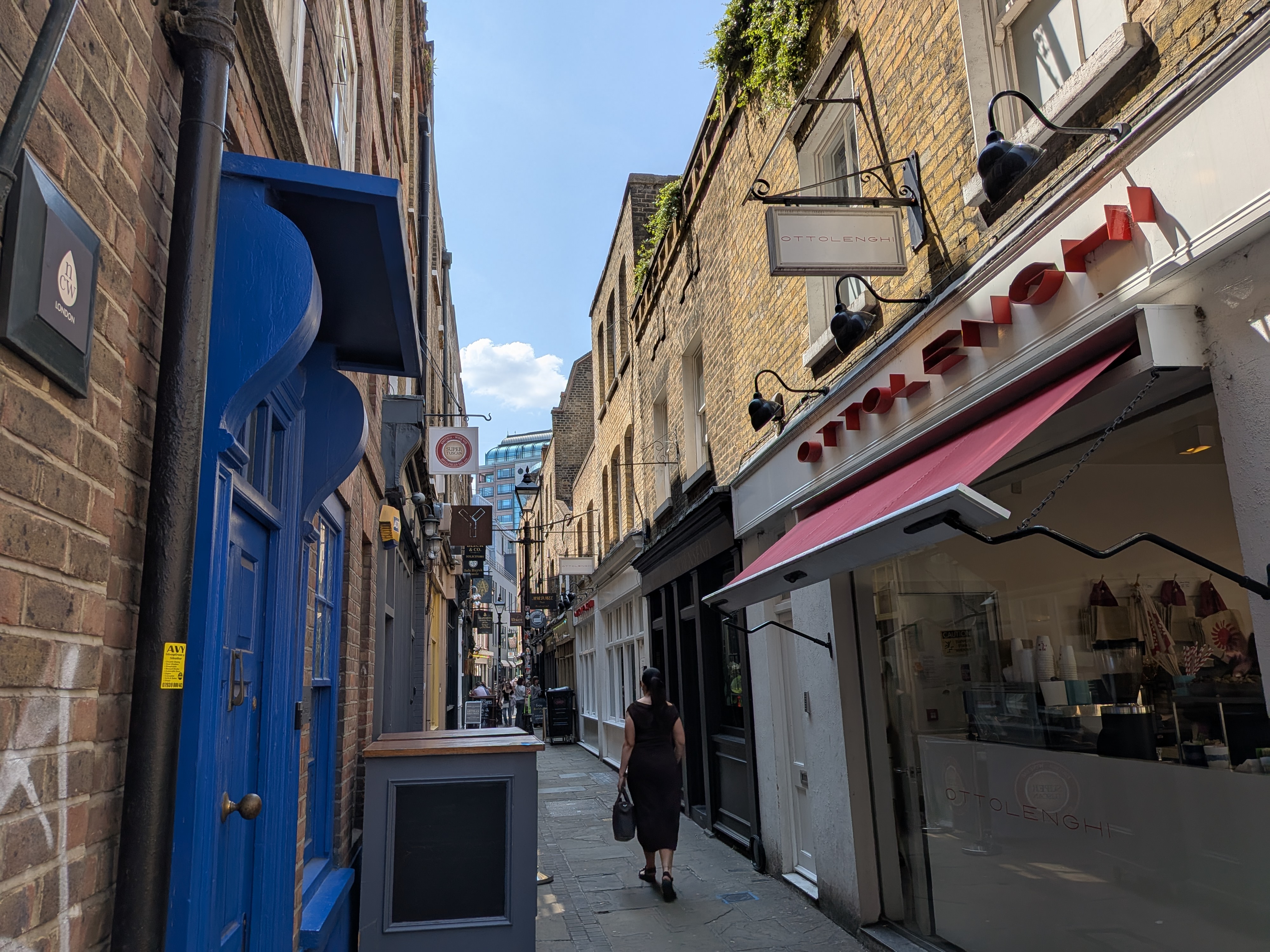
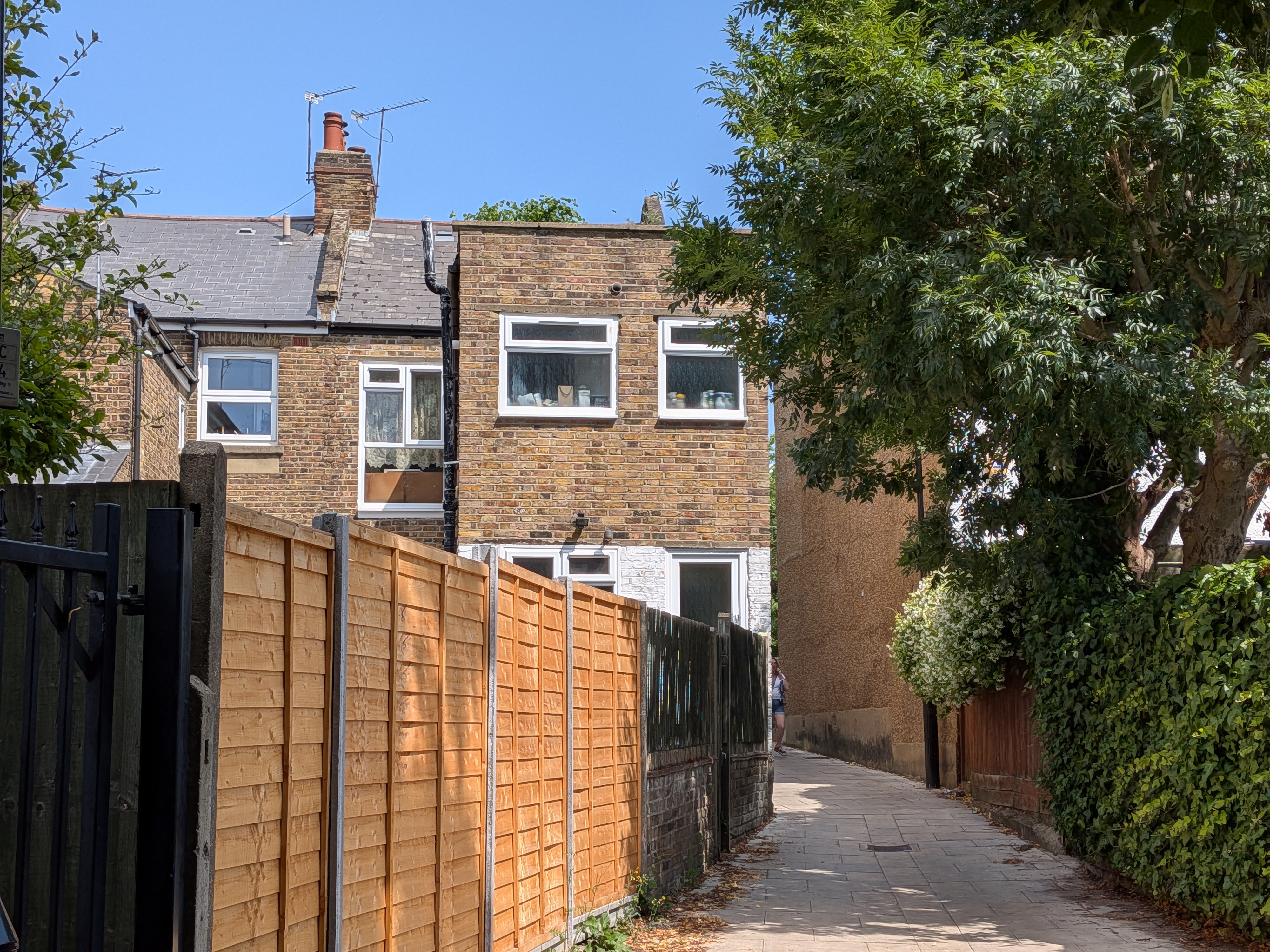


Google has taken almost everything we like about the flagship Pixel 9 – Tensor G4 silicon, seven years of updates, Circle-to-Search, and Gemini AI smarts – and slipped it into a lighter plastic shell that sells for nearly half the money. The headline 48 MP sensor is smaller than the Pixel 8a’s, yet clever optics now lock focus as close as 8 cm, letting you fill the frame with food, flowers, or watch gears while keeping backgrounds dreamily soft. In daylight, the 9a’s computational chops deliver the familiar “Pixel look”: punchy contrast, believable colours and well-controlled highlights, with 2–3× sensor-crop zoom that stays remarkably clean.
Low-light photos still benefit from Night Sight, but moving subjects blur, and each frame needs a couple of seconds to finish processing—patience is essential. Video exposes the hardware limits more clearly: 4K is crisp in good light, yet the ultrawide turns grainy after dusk, and there’s no tele lens to lean on.
Away from the cameras, the 9a over-delivers. The 120 Hz OLED peaks at 1,800 nit outdoors, stereo speakers are lively, and the 5,100mAh battery comfortably lasts a day and a half. Wireless charging, an IP68 rating, and Google’s unmatched software roadmap are still rare below $500, making the Pixel 9a a phone you can keep long after many mid-range rivals stop receiving patches. Yes, the bezels are chunky and the matte plastic back won’t win style awards, but if you want reliable point-and-shoot results, usable macro, and guaranteed longevity on a tight budget, nothing else offers the same photographic bang per buck.
Read more: Google Pixel 9a review
The best camera phone for zoom
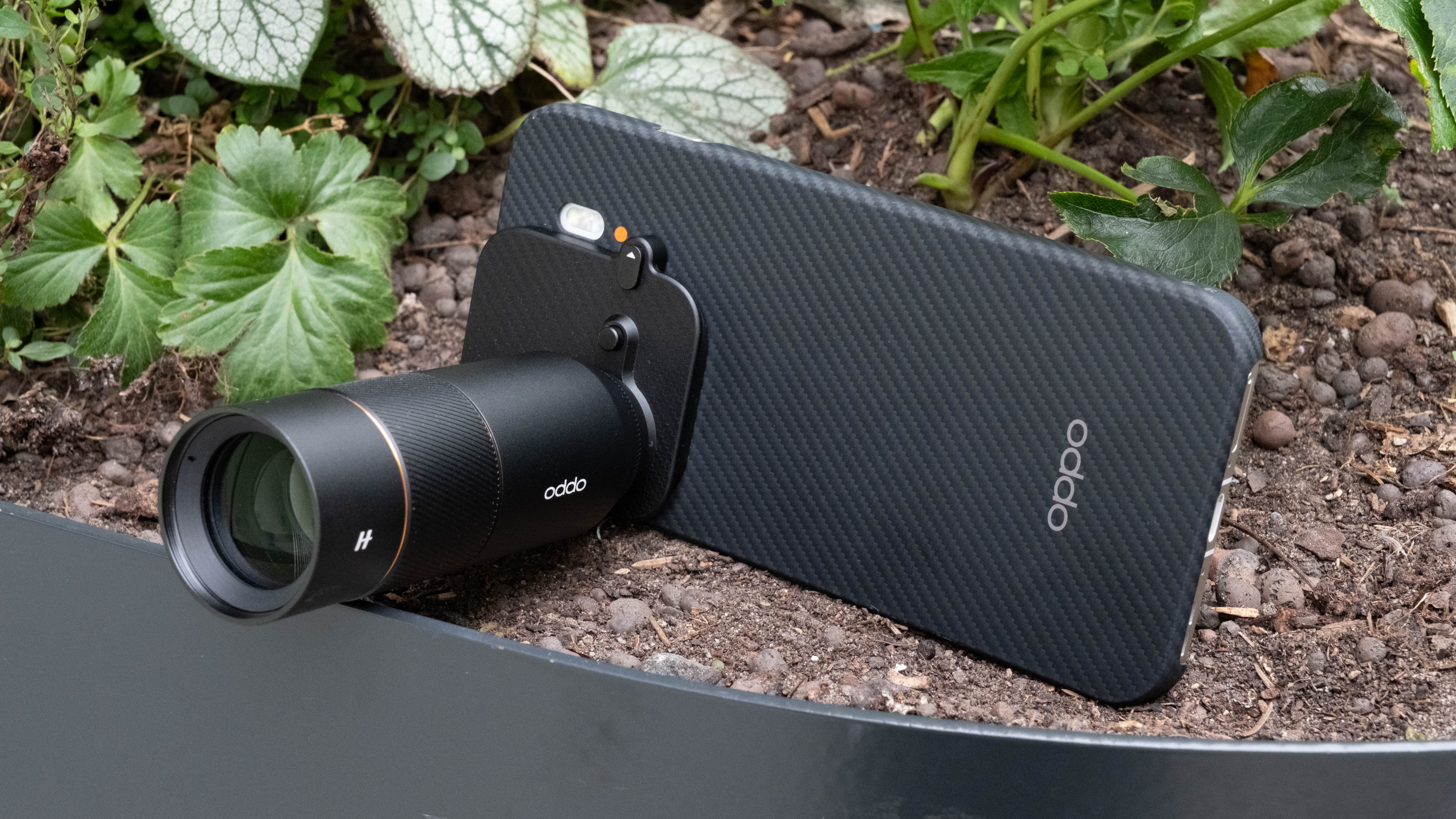
Specifications
Reasons to buy
Reasons to avoid

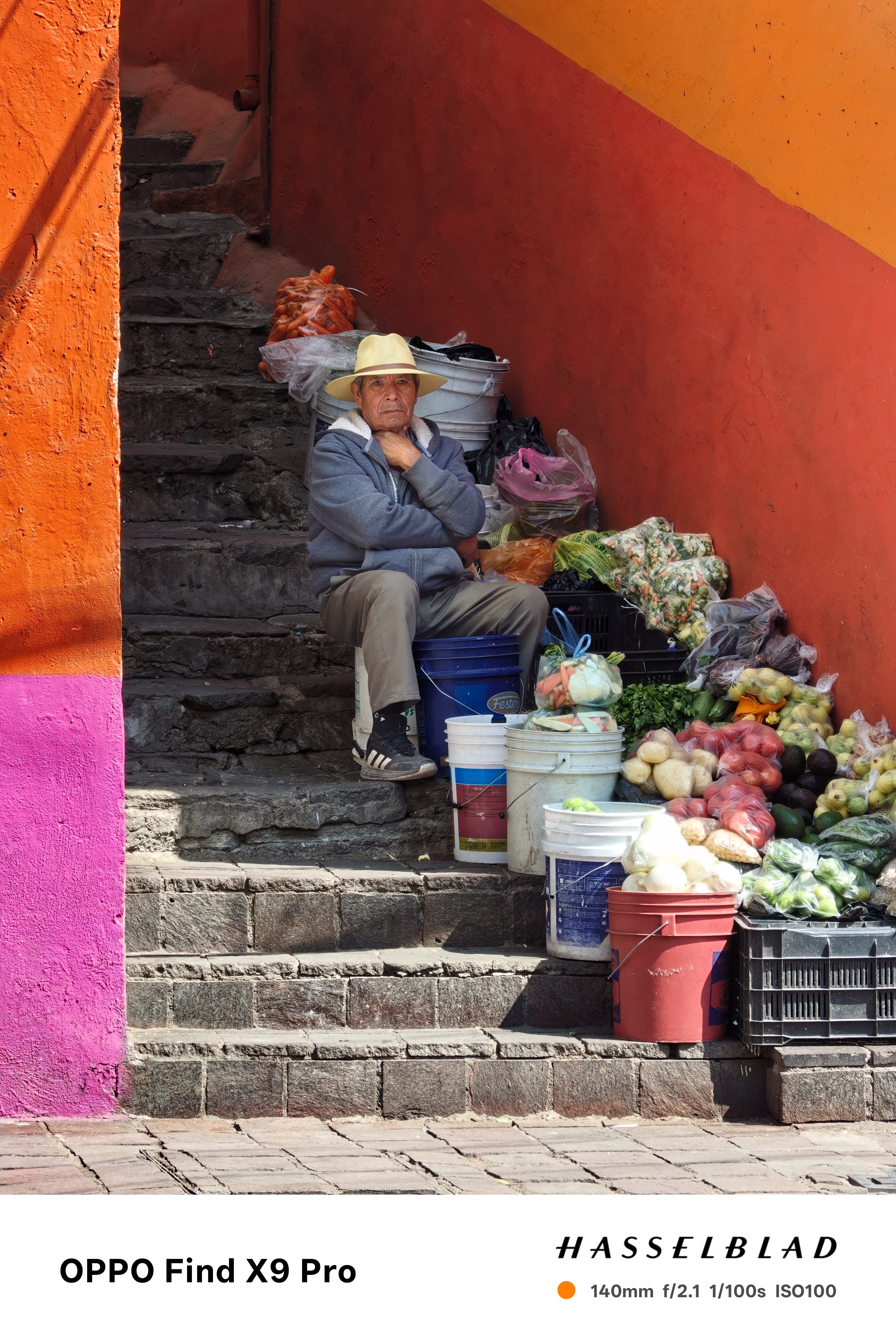








The OPPO Find X9 Pro pushes camera-phone boundaries with its triple-lens system, delivering exceptional consistency and natural colour across the board. At the heart of the setup is a stunning 200MP telephoto camera (co-engineered with Hasselblad) that offers 3x optical zoom and up to 13.2x lossless zoom. Supporting that are a 50MP main sensor and a 50MP ultra-wide lens, plus a dedicated “True Colour” sensor for excellent colour accuracy.
What really elevates the Find X9 Pro is the optional Hasselblad Teleconverter accessory. This lens attaches via a bespoke phone case and augments the 70mm equivalent telephoto by 3.28x, turning it into a 230mm equivalent optical lens, and via high-resolution cropping supporting up to 920mm equivalent reach.
While the results aren’t perfect for all conditions (the effective aperture narrows and longer exposures may be required), the quality and capability are among the best I’ve yet seen in a smartphone-zoom setup. This makes the Find X9 Pro not just a camera-phone, but a serious long-reach imaging tool – one that is even argued to challenge bridge cameras.
Outside of photography, it packs a huge battery (7,500 mAh) which can comfortably deliver two-day usage, thanks to OPPO’s silicon-carbon battery tech and efficient hardware, and the display and build bring flagship polish.
If your priority is photography versatility – especially ultra-long zoom and top-tier sensors – the Find X9 Pro stands out as one of the strongest camera-phone contenders this year.
Design | The X9 Pro is a premium-looking and feeling phone, and I appreciate the resigned camera bump out of the way of my fingers; however, it might be a little too discreet to stand out from the crowd. 4.5 |
Camera Performance | Incredible and consistent camera performance across all the lenses, although the 200MP telephoto is the star of the show with bags of detail. The optional Hasselblad teleconverter is also a game-changer for phone photography. 5 |
Phone Performance | The latest MediaTek processor handled everything thrown at it, but the headline here is the 7,500mAh battery that keeps going and going. 5 |
Value | It's a more premium price than maybe expected from Oppo, but the X9 Pro manages to outclass the camera hardware of most mainstream flagships while still competing on price. 4.5 |
Overall | ★★★★★ |
Read more: Oppo Find X9 Pro review
The best value iPhone
Specifications
Reasons to buy
Reasons to avoid



The iPhone 17 introduces a number of meaningful upgrades while maintaining a familiar overall design. The 6.3" Super Retina display now benefits from 120 Hz ProMotion and an Always On mode, delivering smoother visuals and enhanced usability compared with the previous model.
Under the hood, the A19 chip powers a new generation of image-processing features thanks to its expanded Neural Accelerator core, bringing improved photographic styles and smarter algorithms.
On the camera front, the main sensor is now 48 MP with a quad-pixel architecture, at once enabling high-resolution detail and solid low-light capture. The ultra-wide lens gets a bump too, allowing up to 48 MP captures, which means greater freedom for expansive scenes and creative framing. The front camera undergoes its biggest leap: an 18 MP square sensor paired with the new Centre Stage framing system. This lets the phone intelligently reorient between portrait and landscape selfies, making the process of capturing group shots or switching orientations seamless.
However, if you were hoping for major gains in optical zoom reach, this model sticks with a 2x optical zoom (based on the central portion of the sensor), meaning it doesn’t deliver the extended reach of higher-end models.
In practical use, the iPhone 17 performs reliably for everyday photography and video creation: low-light stills are improved with sharper outcomes and more background detail than its predecessor, and handheld video modes benefit from enhanced stabilisation.
Read more: Apple iPhone 17 review
The best value flagship
Specifications
Reasons to buy
Reasons to avoid







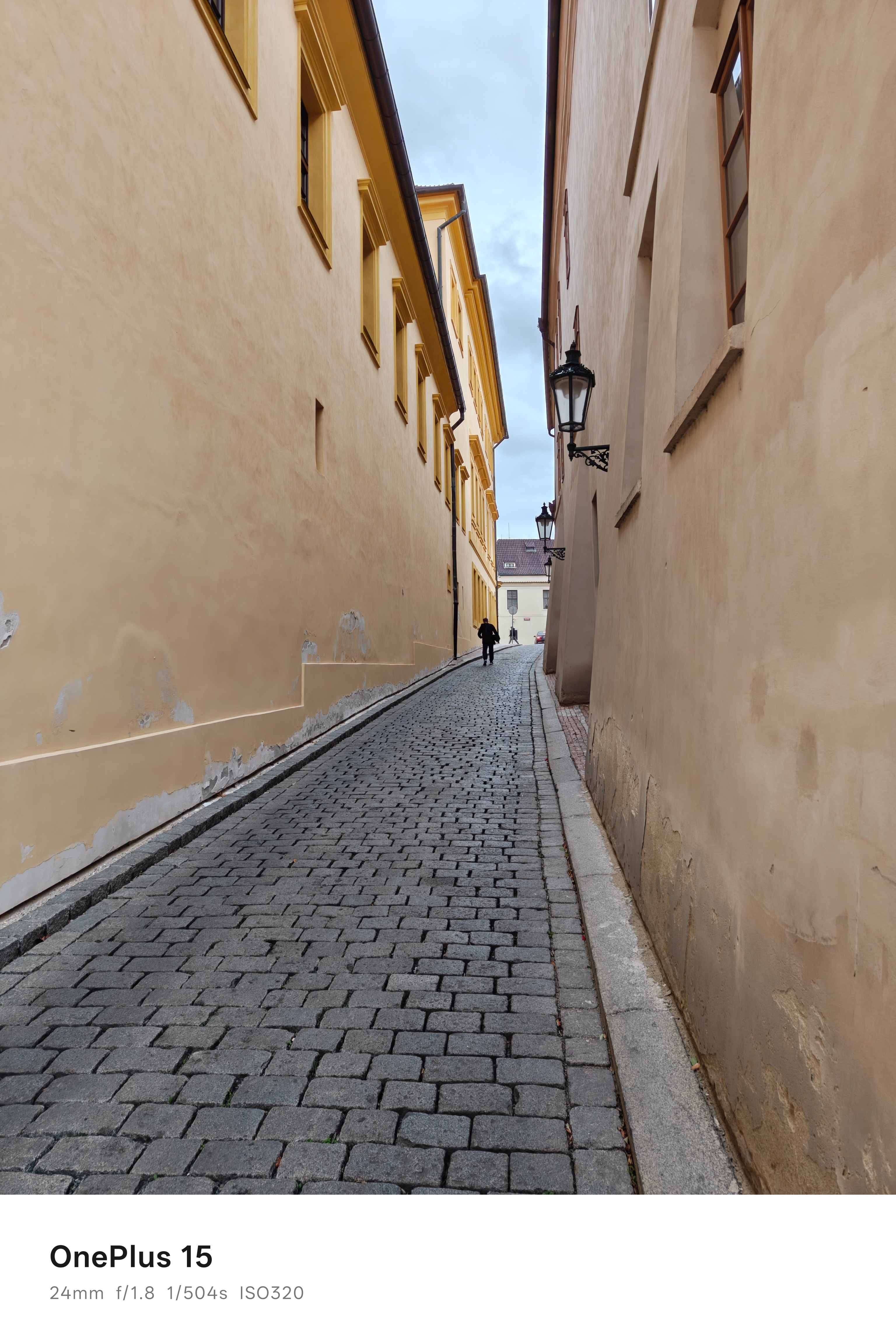


The OnePlus 15 delivers top-tier performance, a sleek new design, and outstanding battery life, making it one of the more compelling flagship Android phones this year. Powered by the latest Snapdragon 8 Elite Gen 5 chip combined with LPDDR5X Ultra+ RAM, it handles demanding apps and gaming with ease.
Its 6.78-inch flat AMOLED display supports up to a 165 Hz refresh rate, offering smooth scrolling and responsiveness whether you’re navigating the interface or playing fast-paced games. Design-wise, OnePlus has evolved from the “fun” textures of the previous generation to a more refined aesthetic – you’ll find matte finishes like Sand Storm, Infinite Black, and Ultra Violet, combined with a frosted glass or fiberglass rear and a slim square camera island that improves grip and keeps fingerprints away from the lenses.
On the camera front, the triple-50 MP setup (wide, ultrawide, and telephoto) is solid and reliable with crisp detail and accurate colour rendition in good light. However, despite launching the new “DetailMax” engine – marking OnePlus’ departure from its previous partnership with Hasselblad – the improvements are more incremental than revolutionary.
Battery life is a standout: the 7,300 mAh cell comfortably lasts a full day of heavy use and can stretch into a second day on lighter use, and the SuperVOOC charging technology (120 W wired / 50 W wireless) keeps downtime minimal.
Features | New design language looks much cleaner with great color choices. The decision to move the cameras into a square island looks a little familiar, but it makes a big difference for holding the phone without getting fingerprints on the lenses. 4.5 |
Design | Solid camera system with great sharpness, colors, and consistency between the lenses – although there is not the generational leap I hoped to see from the hyped-up new DetailMax image engine. 4 |
Performance | Blazingly fast, you might not feel the full benefits as a photographer, but if you also like to game, then the OnePlus 15 has you covered. Battery life is also outstanding, with over a day’s power, you won’t be rushing to the charger every evening. 5 |
Value | For the latest processing power, long-running battery, and solid camera system – it's great value. Undercuts the launch prices of flagships from rival brands, but older rival Pro and Ultra phones are starting to see discounts. 4.5 |
Overall | ★★★★☆ |
Read more: OnePlus 15 review
The best foldable camera phone
Specifications
Reasons to buy
Reasons to avoid







The Honor Magic V5 arrives as a sleek and ambitious foldable, delivering one of the most refined “book-style” folds available. It is impressively thin and light for its class, making it feel closer to a standard smartphone than many bulkier rivals.
Internally, it’s powered by the latest Snapdragon 8 Elite chipset paired with a large 5,820 mAh “silicon-carbon” battery, offering strong performance and stamina for a foldable form. The screen experience is excellent: both the outer cover display and the inner fold-out panel deliver smooth 120 Hz refresh rates and minimal visible crease, and almost tablet-like when open.
Camera-wise, the Magic V5 houses a capable triple-lens array: a 50 MP main shooter, a 50 MP ultra-wide, and a 64 MP telephoto with 3x optical zoom and solid performance in low light and tricky lighting conditions.
For those seeking a premium foldable that feels refined, performs well, and offers serious flexibility, the Magic V5 is a strong contender – but if flawless photography is your top priority, there are still much better non-folding options.
Design | Super slim and lightweight for a foldable, with a robust hinge and excellent displays. The oversized camera bump spoils the otherwise refined design. 5 |
Cameras | A reliable triple camera system with a standout telephoto. Processing can be a little heavy-handed, but results are solid across the board, even in tricky light. 4 |
Performance | Snapdragon 8 Elite and 16GB RAM deliver flagship-level speed, with useful (if occasionally gimmicky) AI editing tools. Battery life is excellent, with fast wired and wireless charging. 5 |
Value | Competitive against rival foldables, but you can get stronger cameras for less if you don’t need a folding design. Long software support adds real longevity. 4 |
Overall | ★★★★½ |
Read more: Honor Magic V5 review
The best camera phone for pros
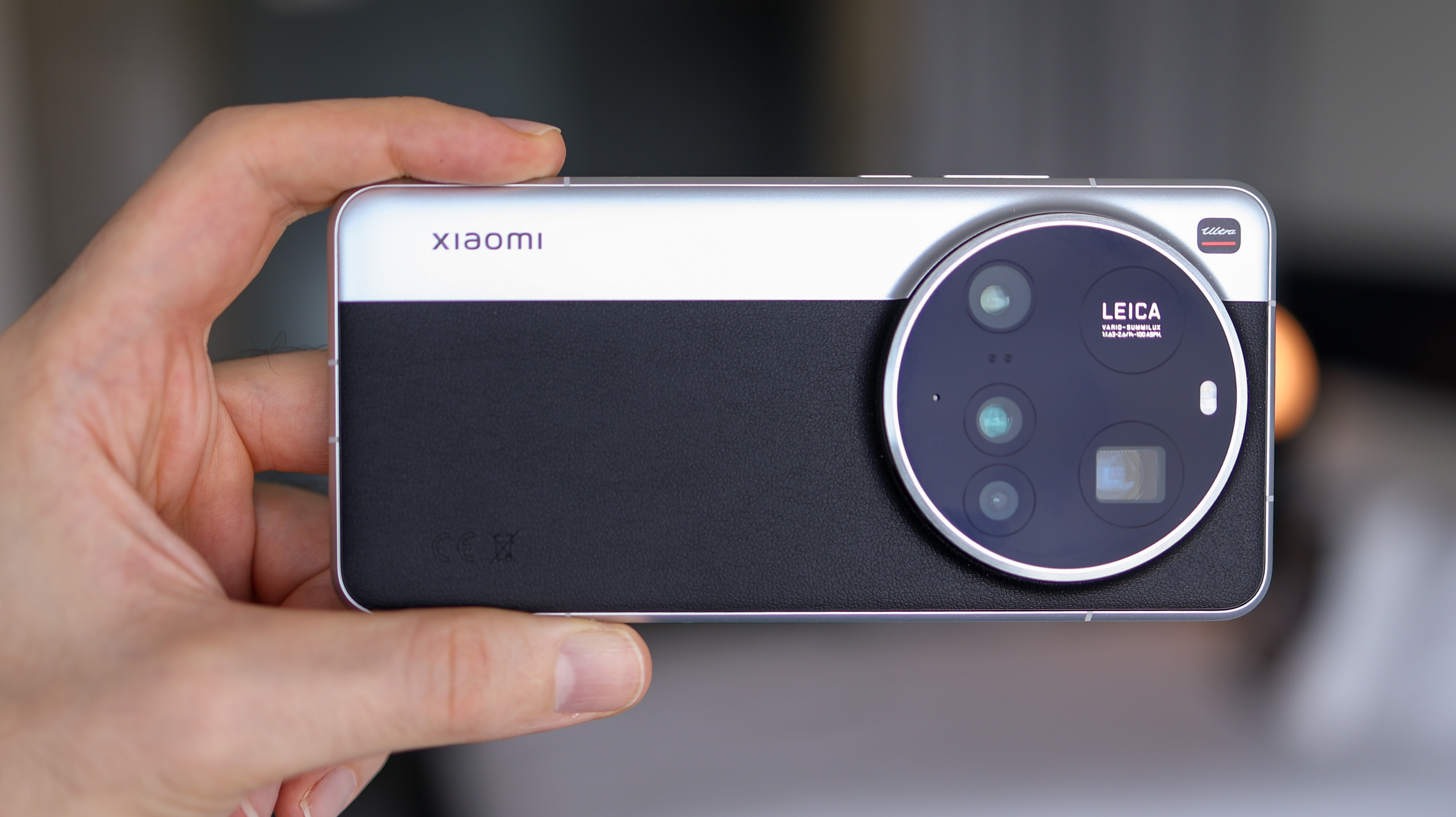
Specifications
Reasons to buy
Reasons to avoid


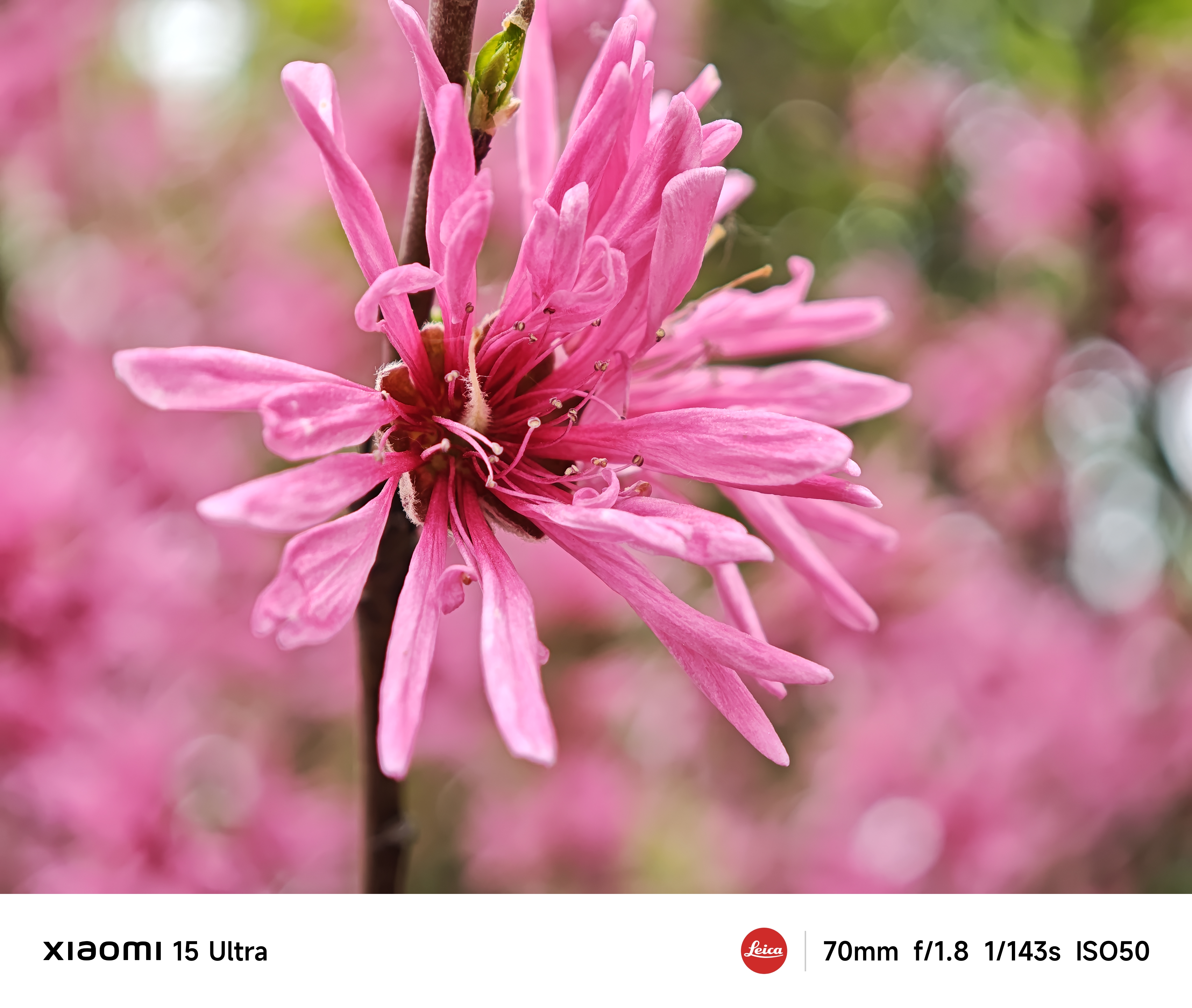

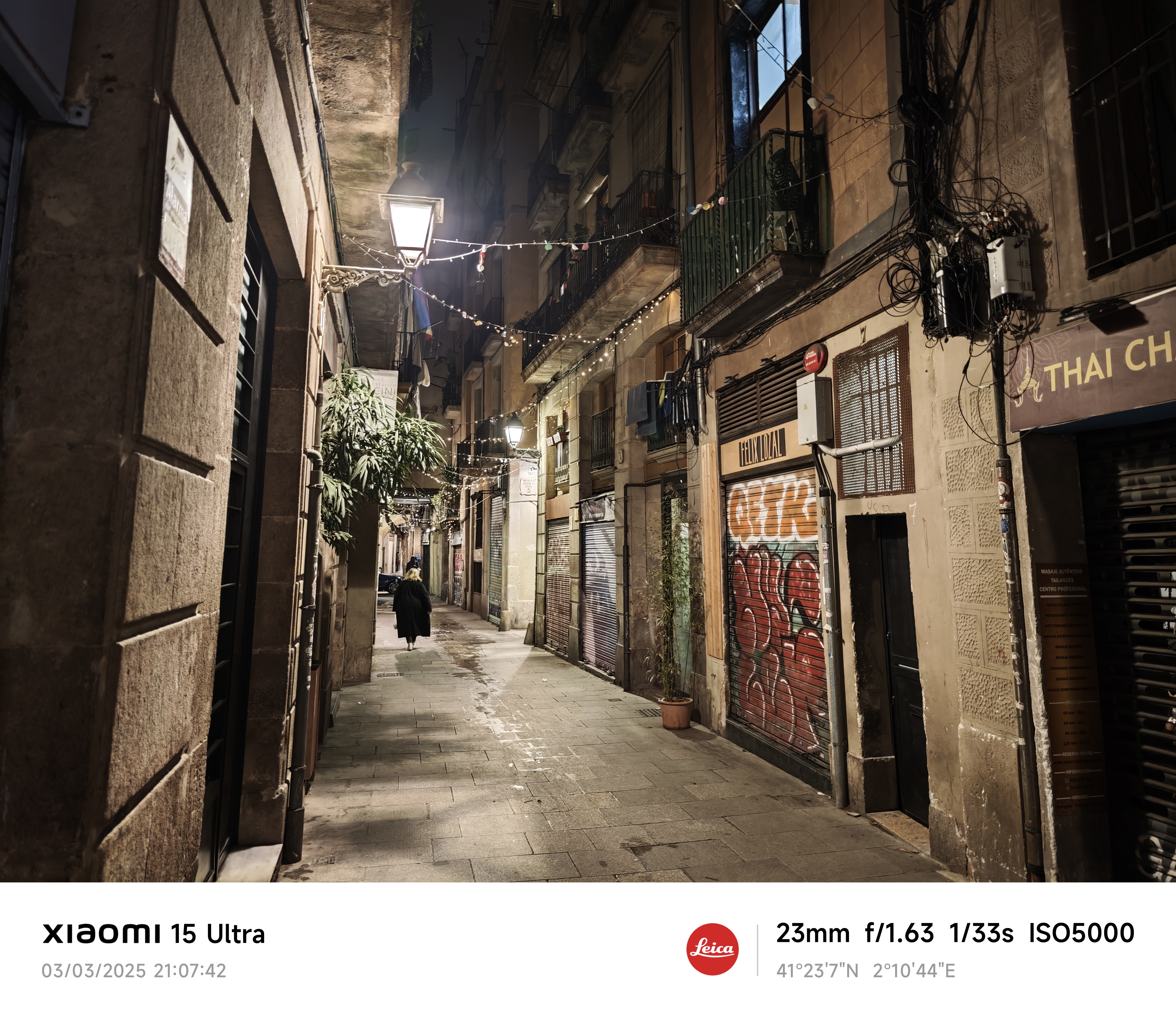
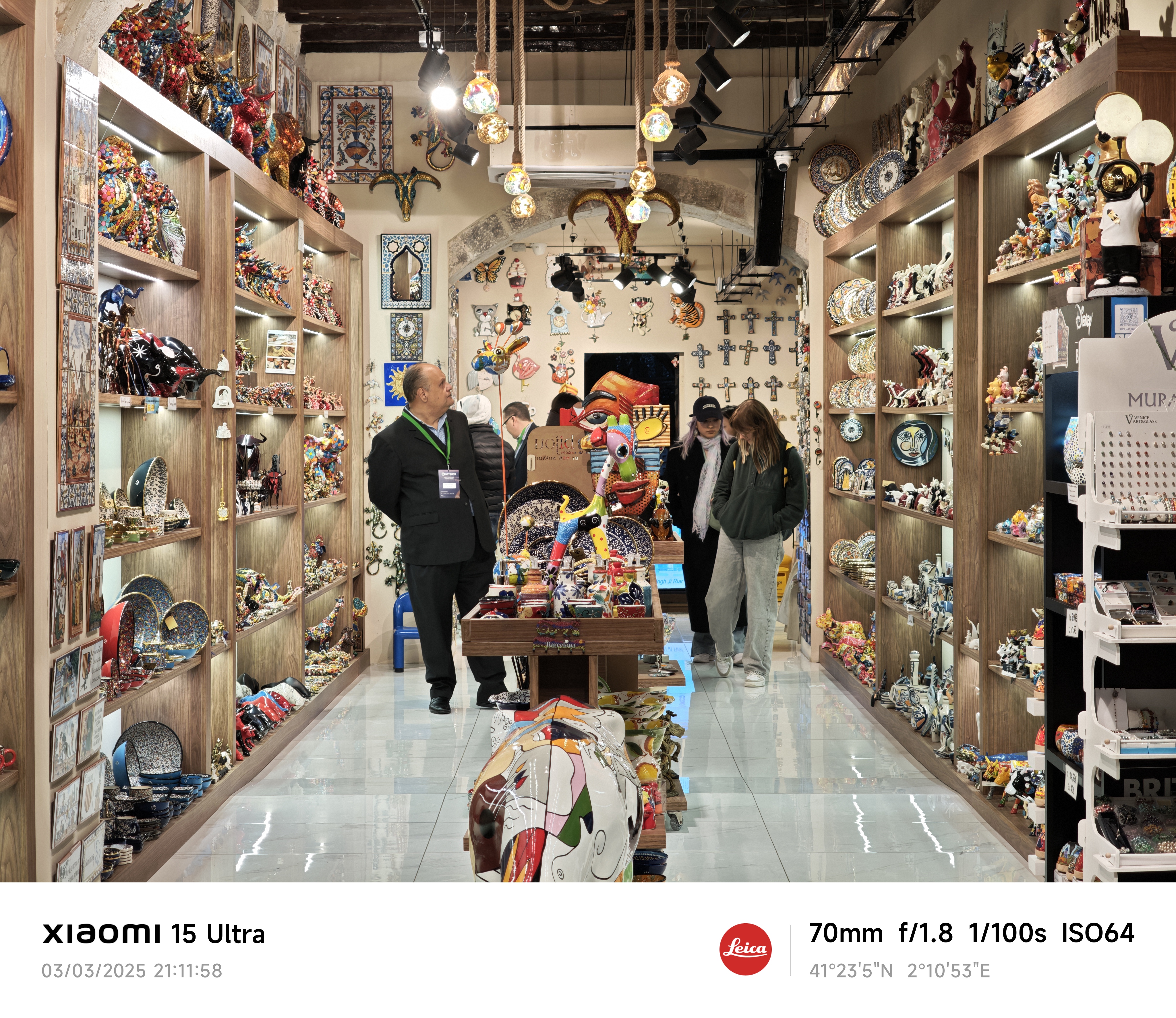


The Xiaomi 15 Ultra is a standout contender in the premium camera phone category, thanks to its versatile quad-lens setup and Leica co-engineering. It features a 50MP 1-inch main sensor (23mm wide), a 50MP ultra-wide (14mm), a 50MP 3x telephoto (70mm) capable of macro focusing, and a 200MP 4.3x periscope telephoto (100mm). This configuration offers extensive flexibility, allowing users to shoot everything from expansive landscapes to detailed close-ups and distant subjects with ease.
Leica’s involvement brings a distinct photographic identity to the device, offering two image profiles – Leica Vibrant and Leica Authentic. These modes allow users to choose between rich, saturated colors or more natural, subdued tones, echoing the look of traditional Leica cameras.
Image quality is consistently strong across the board. The main sensor delivers excellent detail and dynamic range, particularly in low-light conditions. Zoom performance is a highlight, with the 5x periscope lens producing sharp images even at distance. However, the ultra-wide lens is less impressive, showing more noise and flare in difficult lighting.
There are a few drawbacks. The camera occasionally struggles with very bright highlights, and the removal of the variable aperture system from the previous model limits creative flexibility. Additionally, the 5x periscope lens lacks telemacro capabilities for close-up zoom shots.
Overall, the Xiaomi 15 Ultra is an exceptional choice for mobile photography enthusiasts seeking a Leica-influenced imaging experience and a full range of focal lengths in one device.
Read more: Xiaomi 15 Ultra review
How to choose the best camera phone
First things first, you need to pick if you prefer an Android or an Apple phone.
This will depend on how much you currently rely on Apple services like iMessage, iCloud, or even Apple's Notes app. If you can't give them up, then you are best sticking with the iPhone, and which one you get depends on whether you want a big or a medium-sized phone, how advanced you need the cameras to be, and how much you are willing to spend. We rate all of Apple's cameras very highly, going from the iPhone 17 Pro Max at the top end to the more affordable iPhone 16e model.
If you aren't locked into Apple services (or can live without them), then you might want to take a look at an Android phone. Your choices are far broader here and include new devices like the best flip and folding phones.
The best Android phones for photography at the moment include entries from household names like the Google Pixel 10 Pro / 10 Pro XL and Samsung Galaxy S25 Ultra. Google includes more of its own services as standard, like Google Photos and the amazing Google Pixel camera. Samsung also has its own set of Samsung apps that fulfill the same purposes in their own style. There are also lesser-known brands in the West that still pack powerful camera systems like the Oppo Find X9 Pro, Xiaomi 15 Ultra, or the Honor Magic 8 Pro. There are also more budget-friendly options that don't skimp on cameras, like the Google Pixel 9a.
What's the best camera phone?
If you're looking for the best camera phone for stills, it has to be the Google Pixel 9 Pro / 10 Pro XL, but if video is more your thing, then the Apple iPhone 17 Pro Max is still the absolute best you can get.
Which is better, Apple iOS or Android?
Well, this is a question that has been and will be debated perpetually. Let's be real, they are both fantastic operating systems, that provide nearly all of the exact same functionality, just in slightly different ways – and both have all the major apps you are likely to use. It comes down to a matter of looks, the one to pick is just the one that you think looks better, and would enjoy using day-to-day.
How we test camera phones
As a Reviews Editor for a photography website, I pay special attention to the photo and video quality of camera phones. I rate resolution, noise, and color rendition in the context of what rival phone cameras can do, and where there are any special features, such as ‘night modes’ or ‘portrait modes’, we check that these perform as the makers describe. We also take a look at what features the phone might include for viewing and editing photos and videos.
Camera phones are all-around digital assistants, too, of course, so we also check out how smart the operating system is at handling general day-to-day usage. Finally, we look at phone usability and practicality – such as design, screen, ports, and battery life.
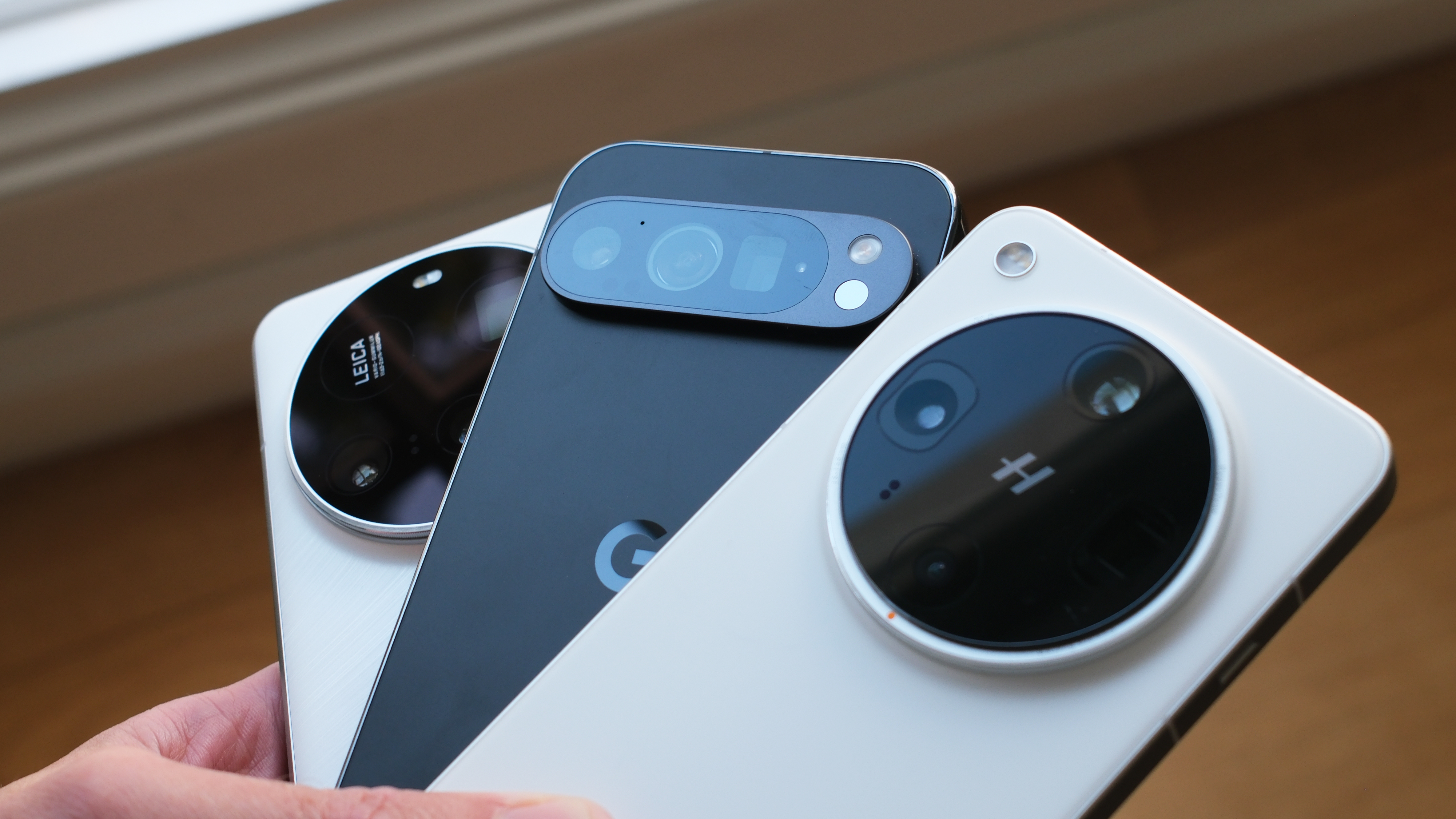
The best camera deals, reviews, product advice, and unmissable photography news, direct to your inbox!

Gareth is a photographer based in London, working as a freelance photographer and videographer for the past several years, having the privilege to shoot for some household names. With work focusing on fashion, portrait and lifestyle content creation, he has developed a range of skills covering everything from editorial shoots to social media videos. Outside of work, he has a personal passion for travel and nature photography, with a devotion to sustainability and environmental causes.
